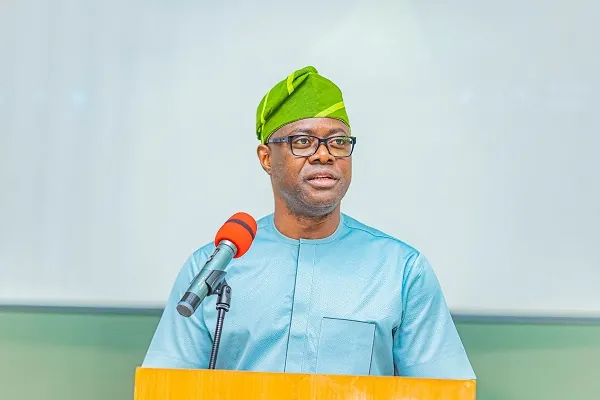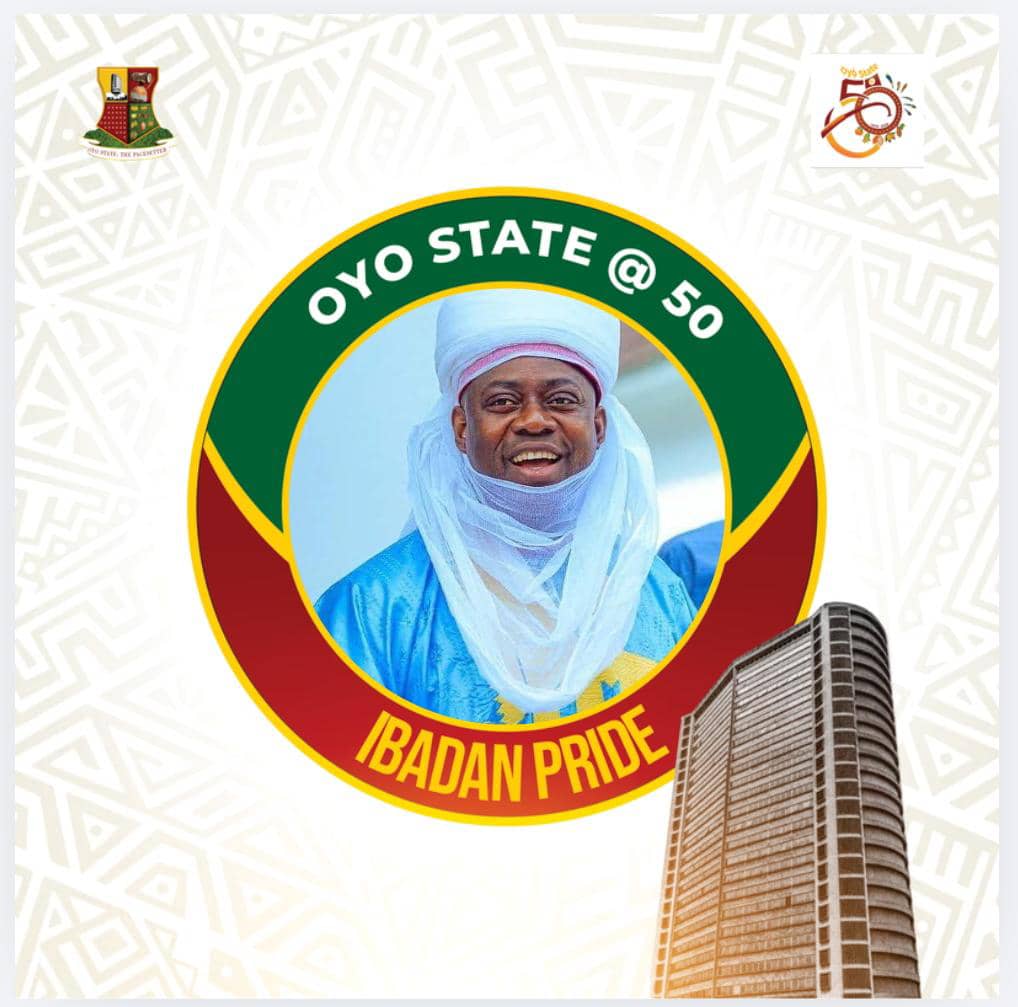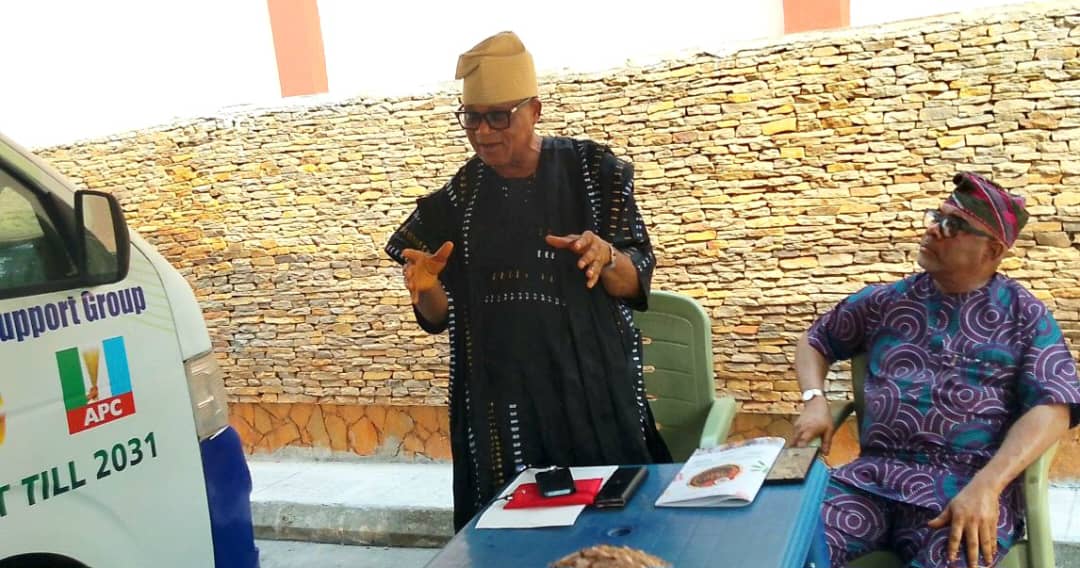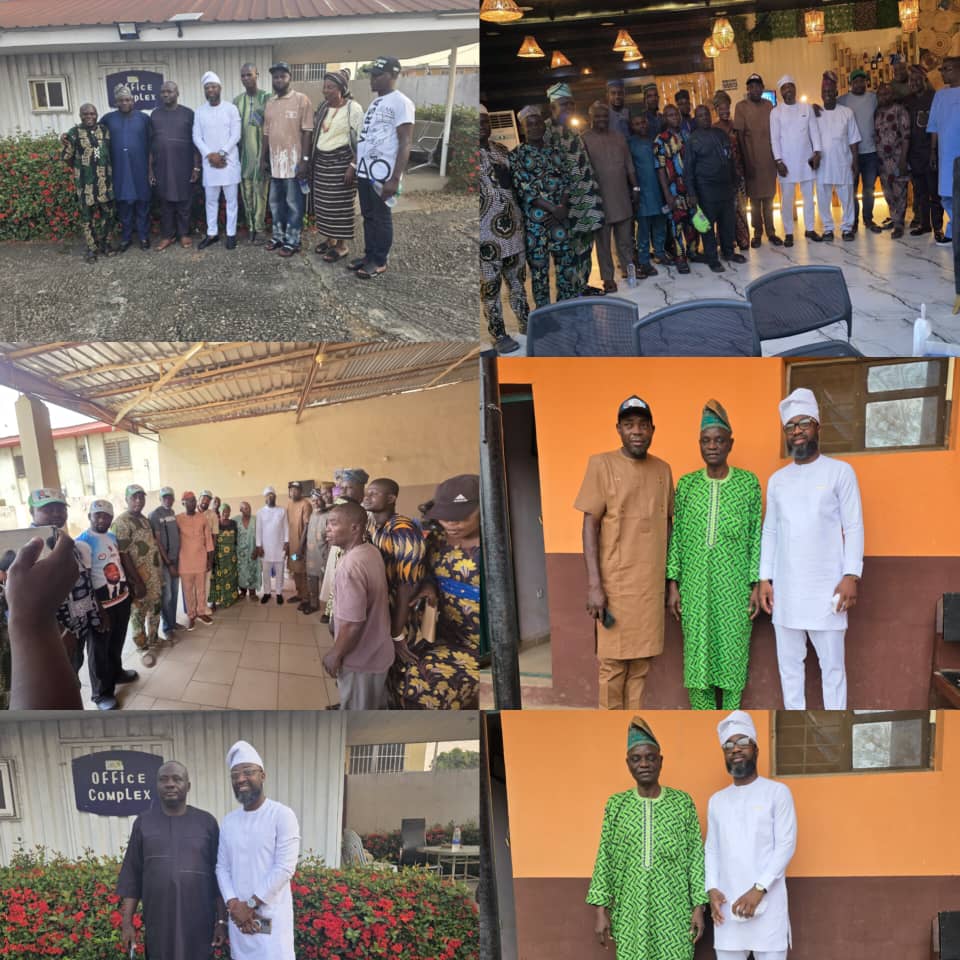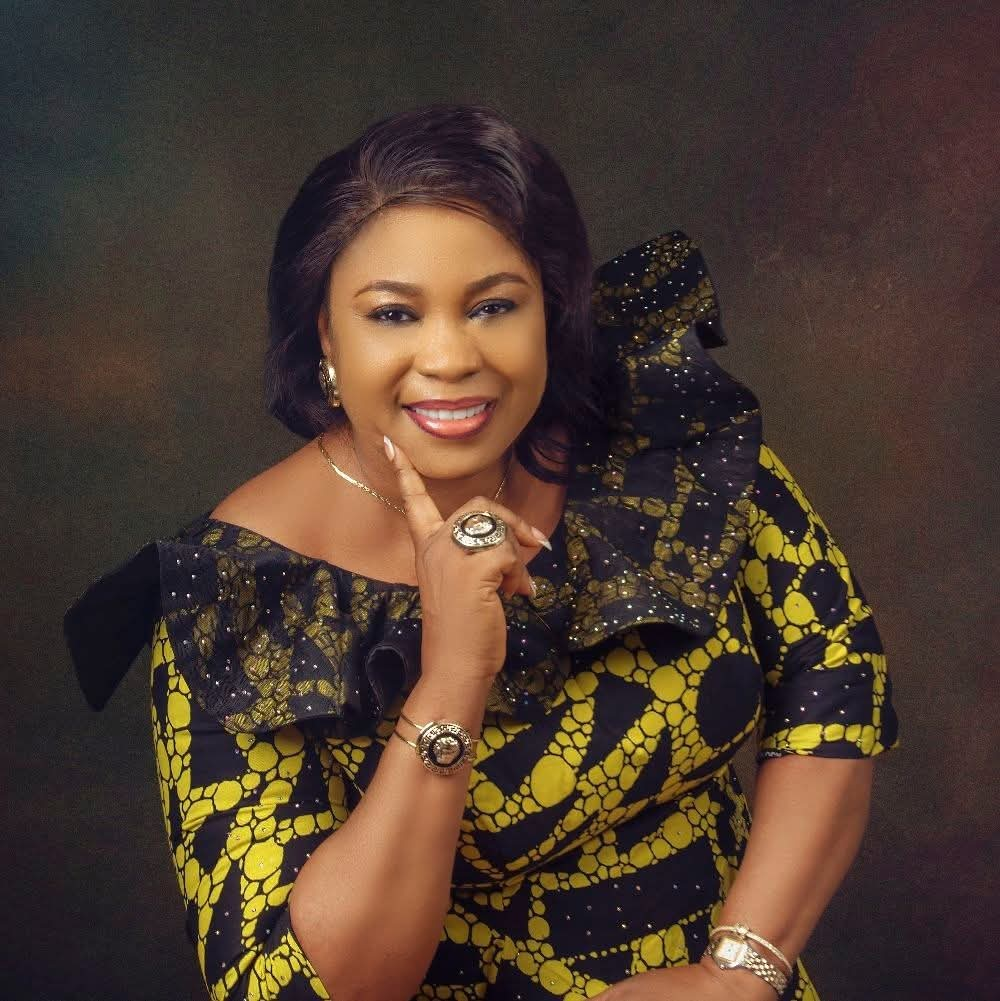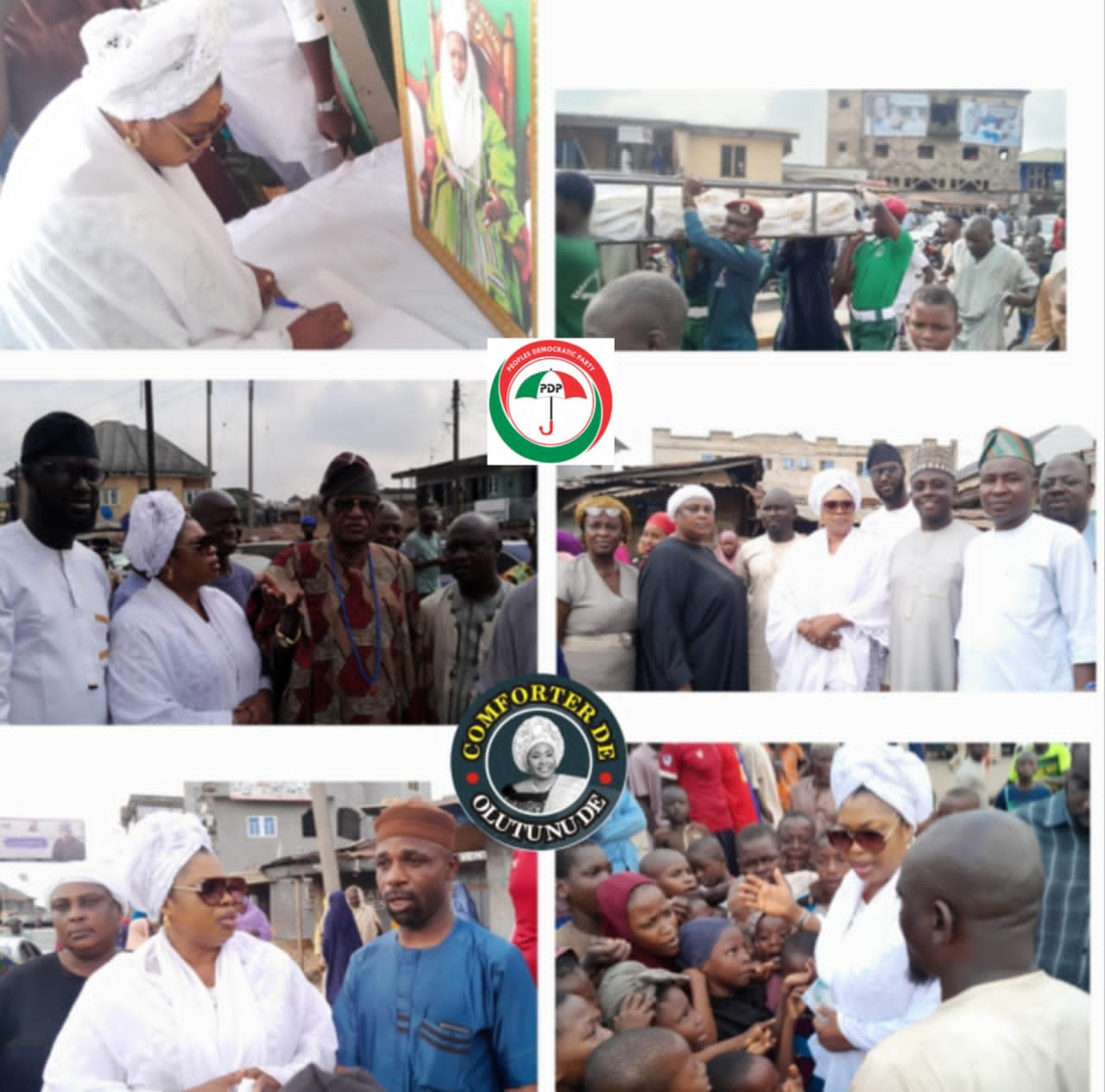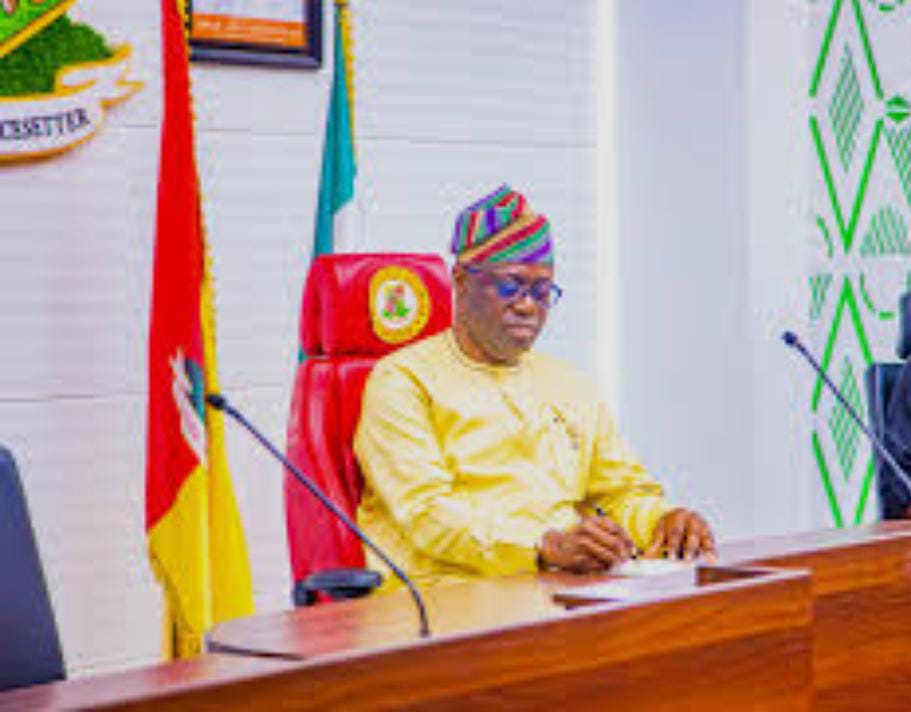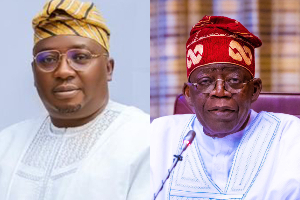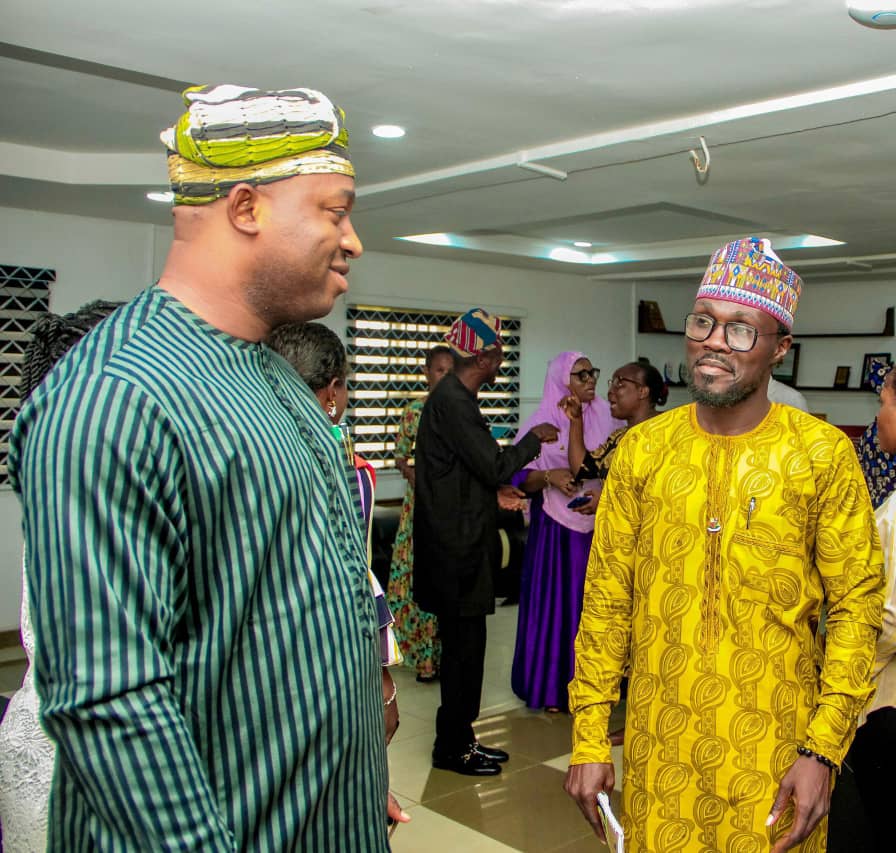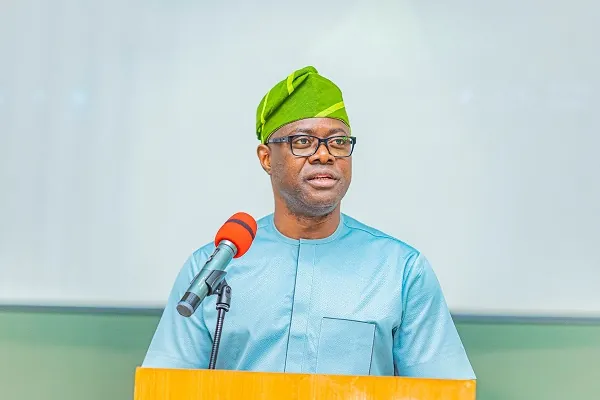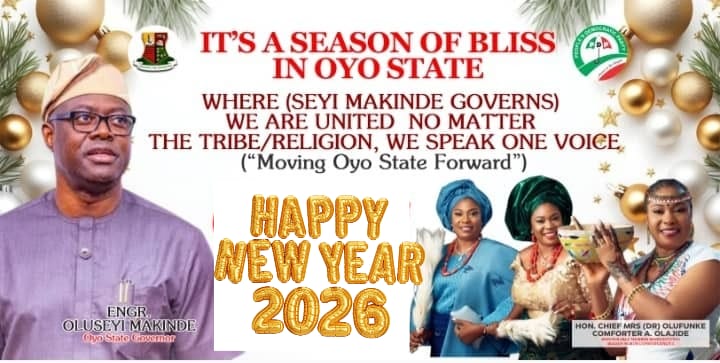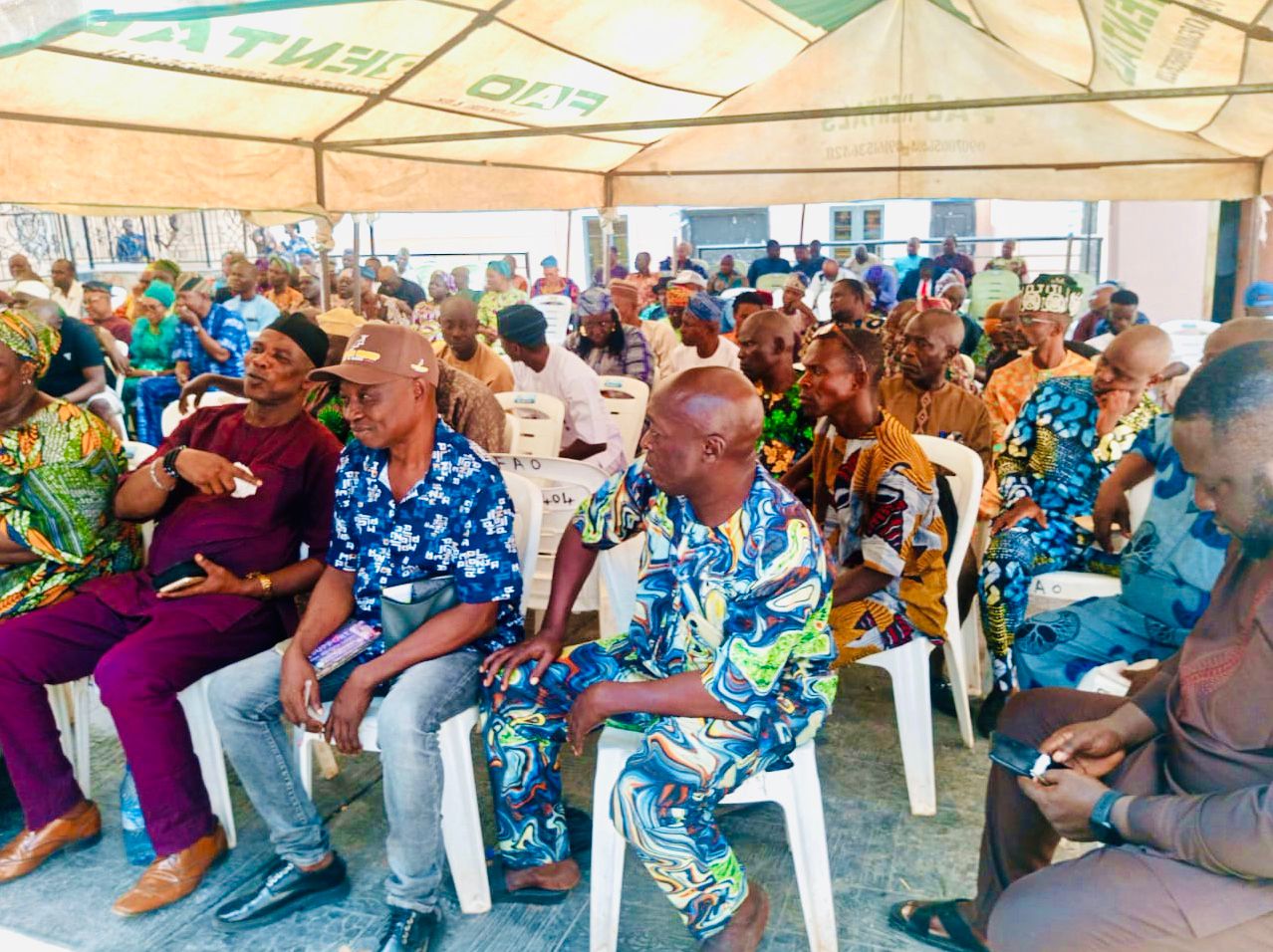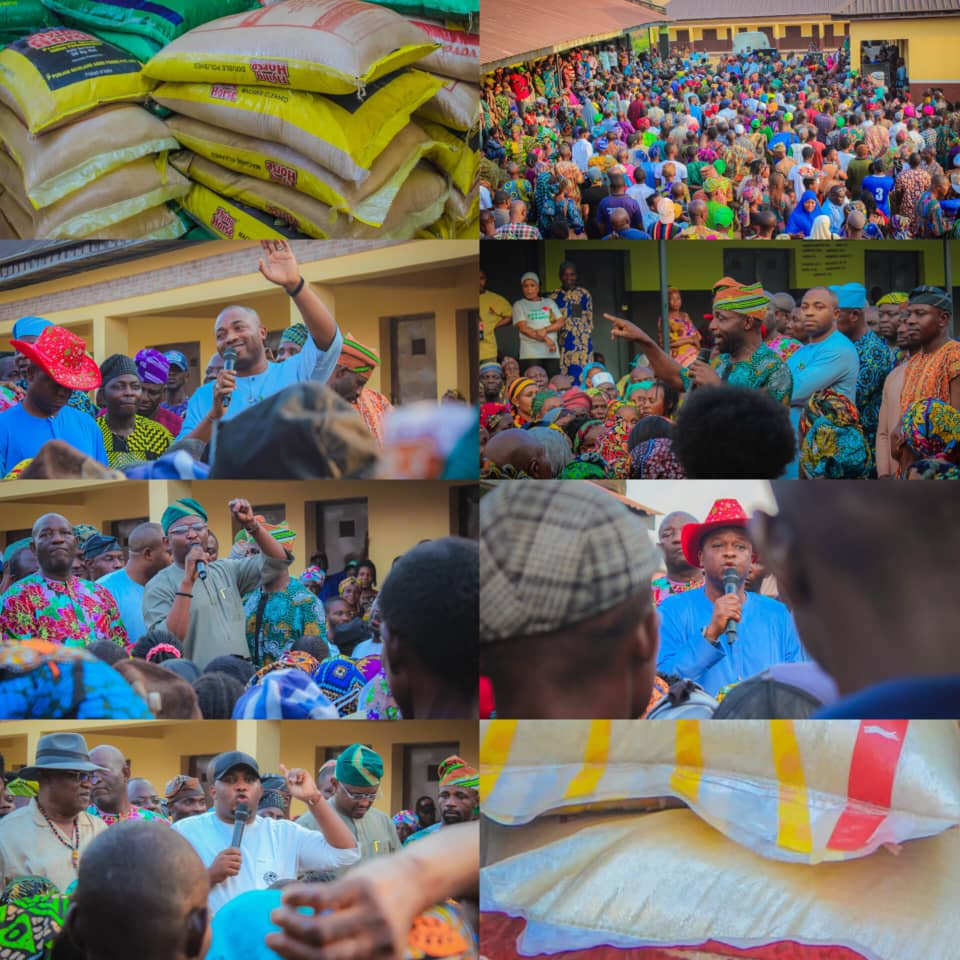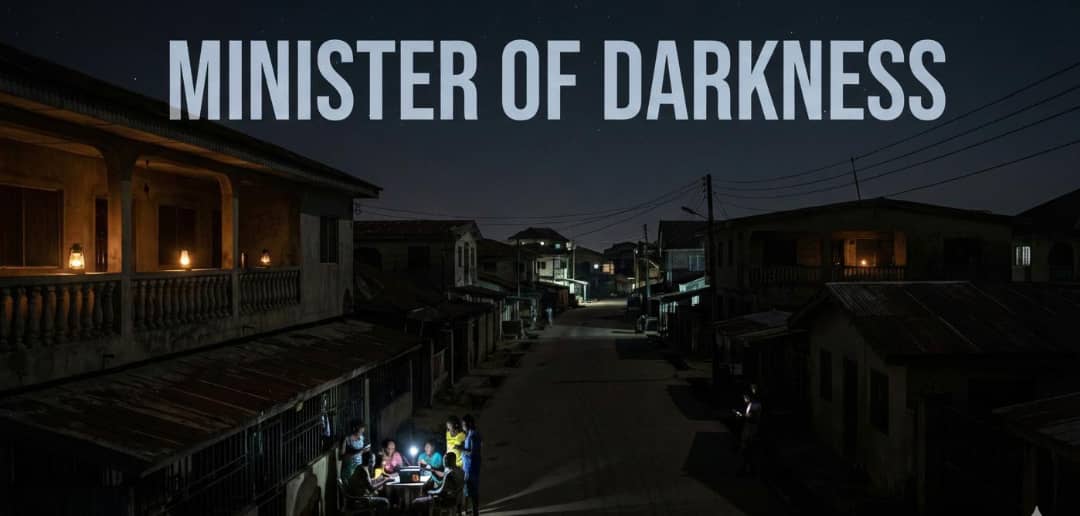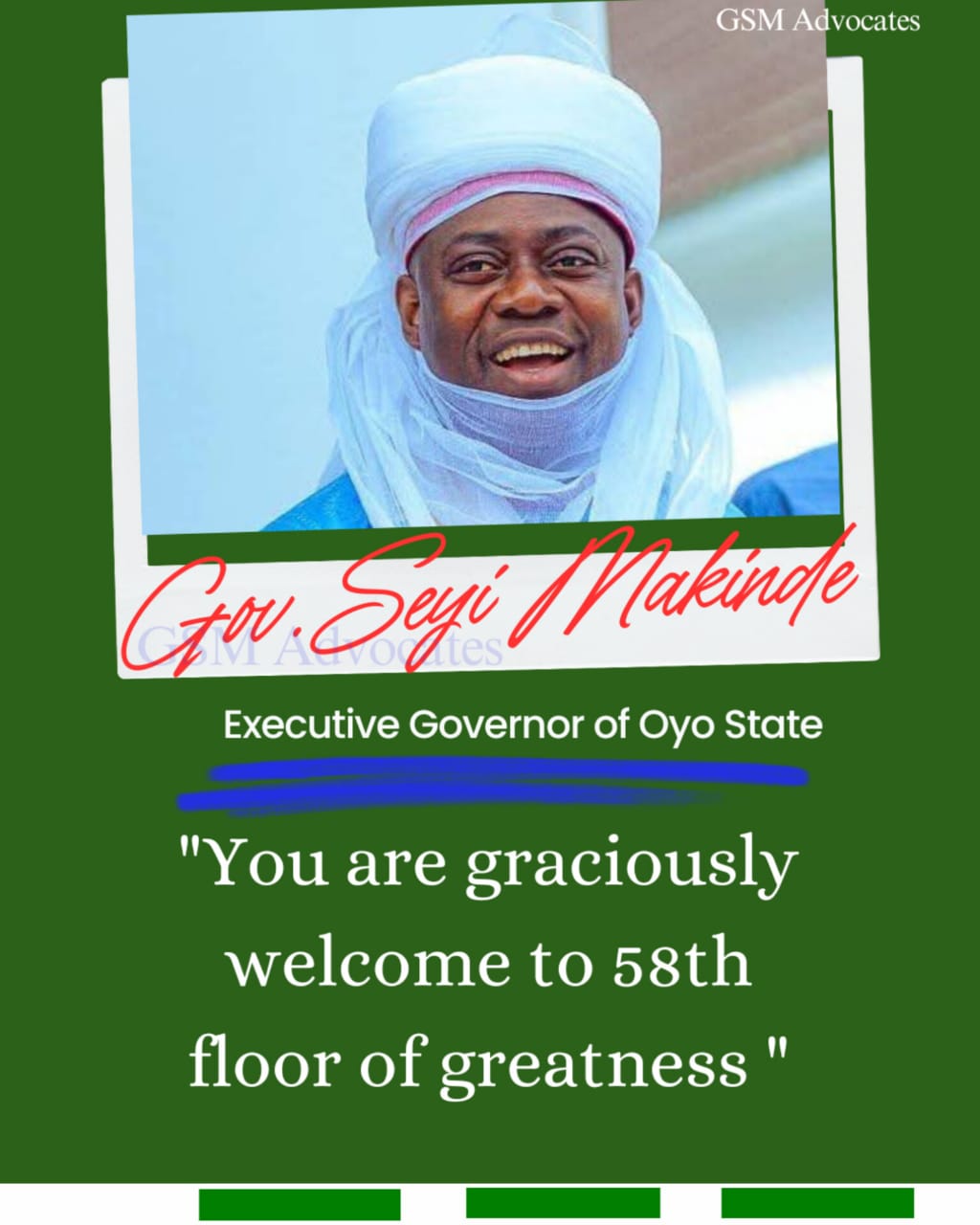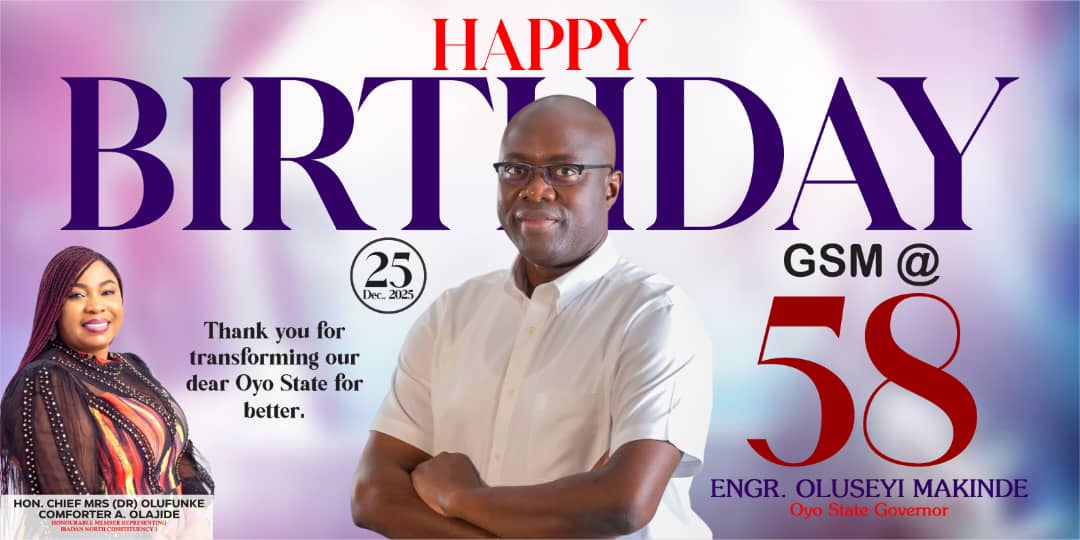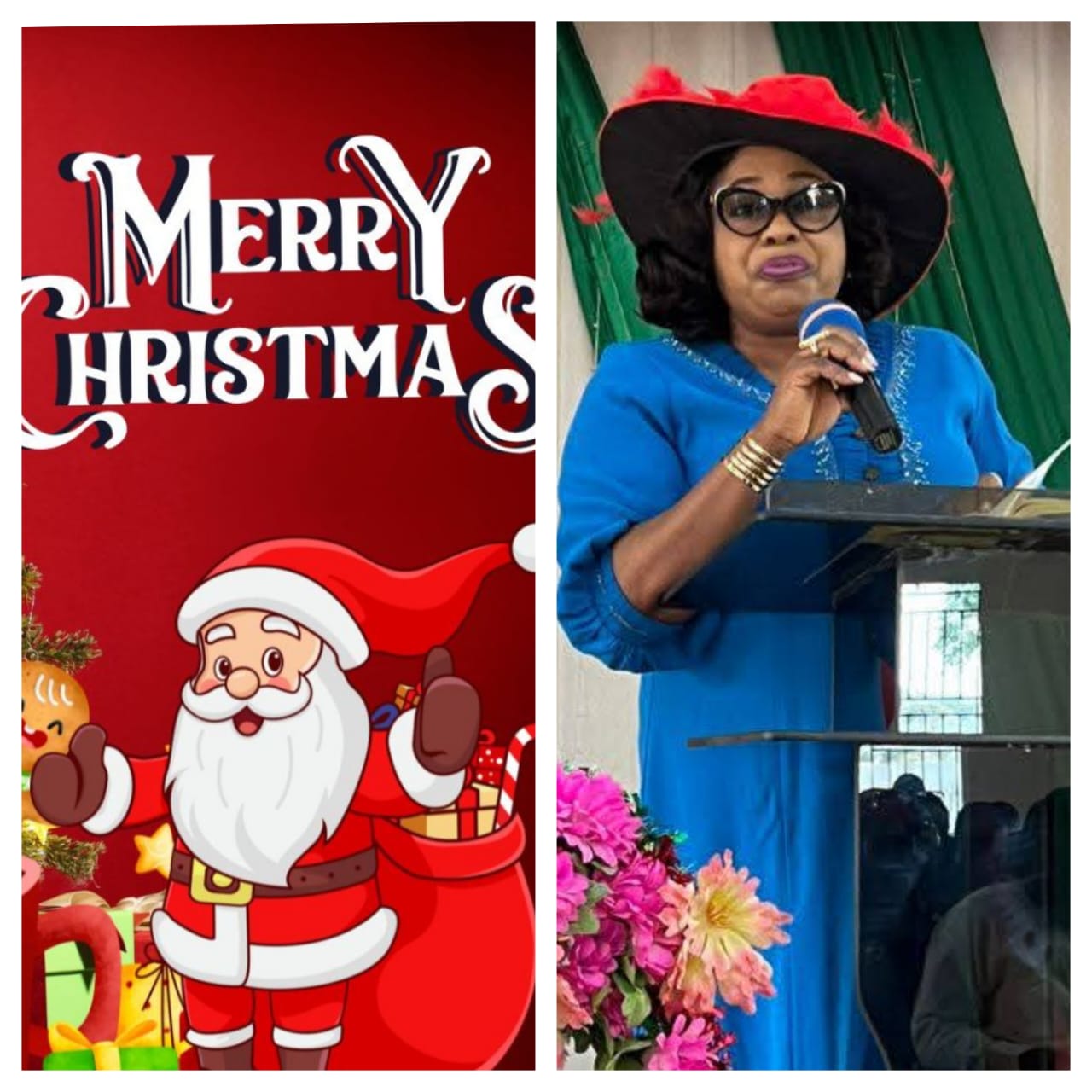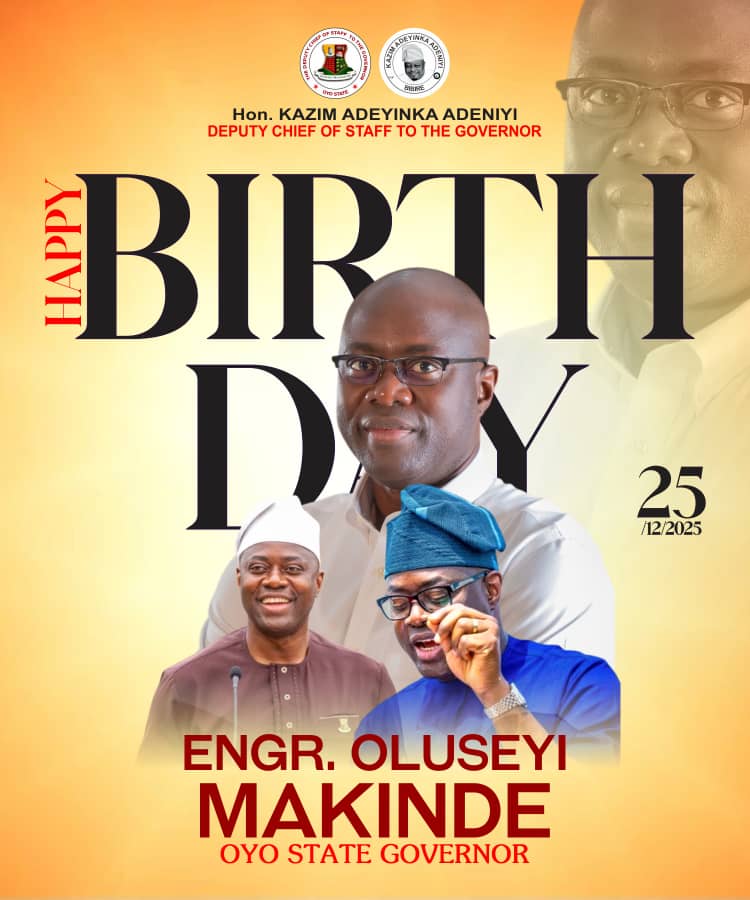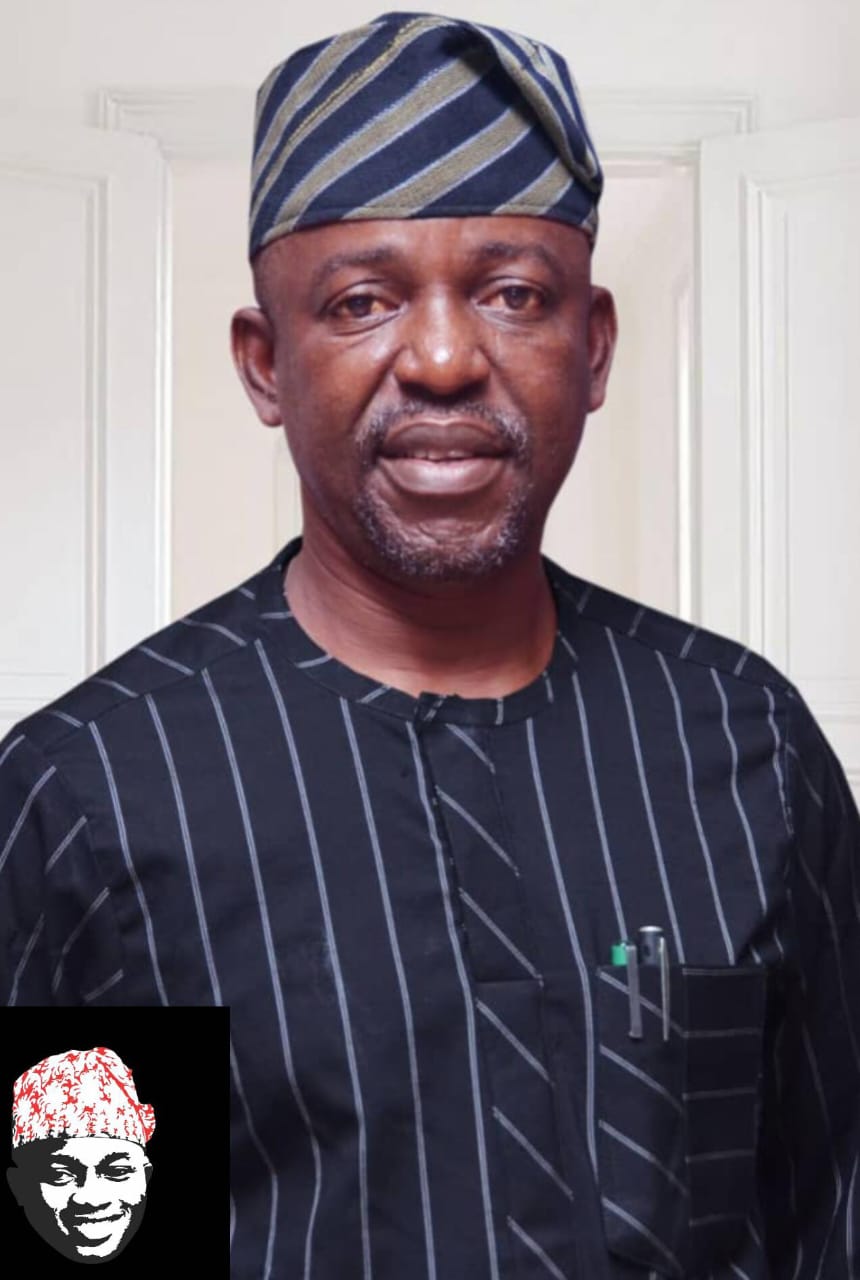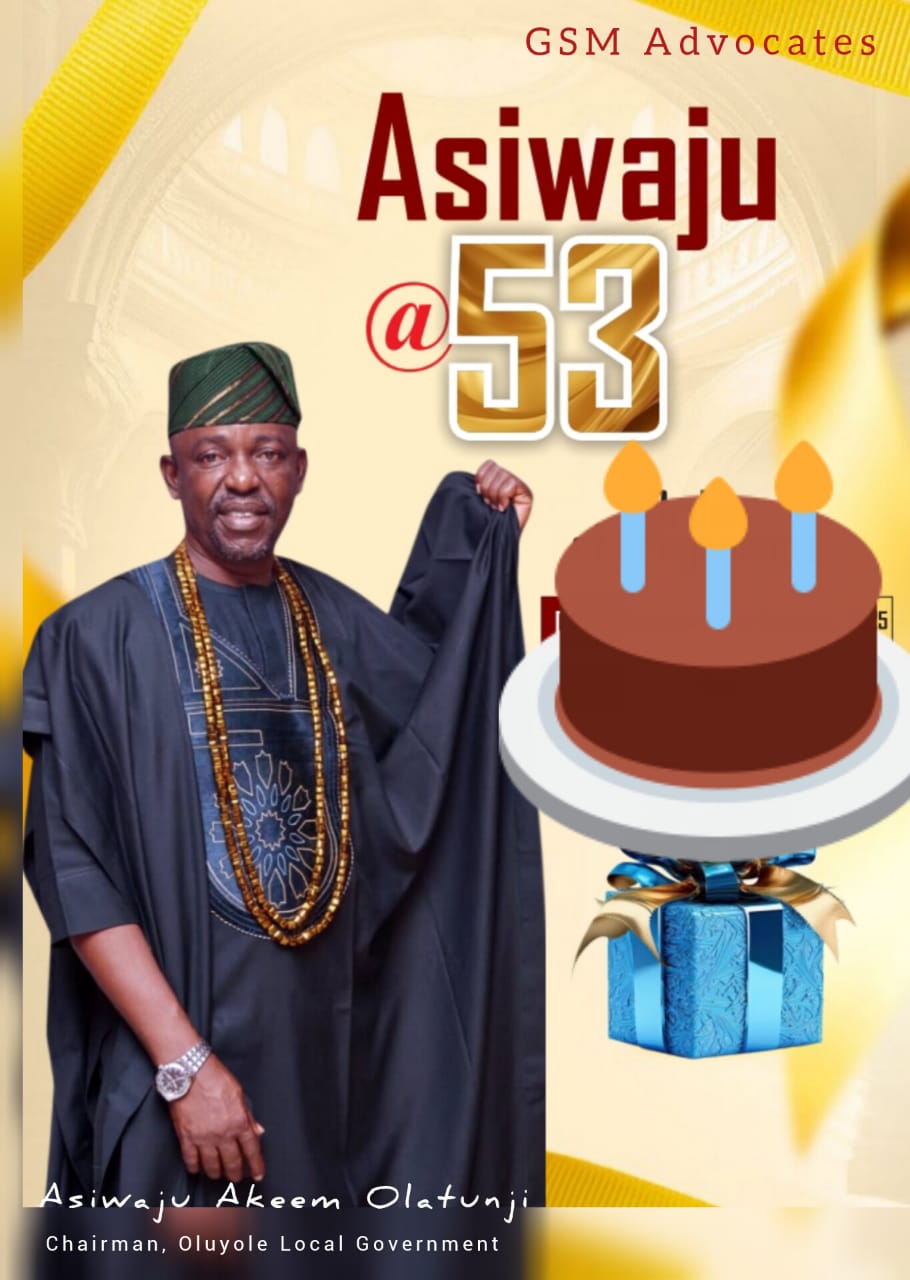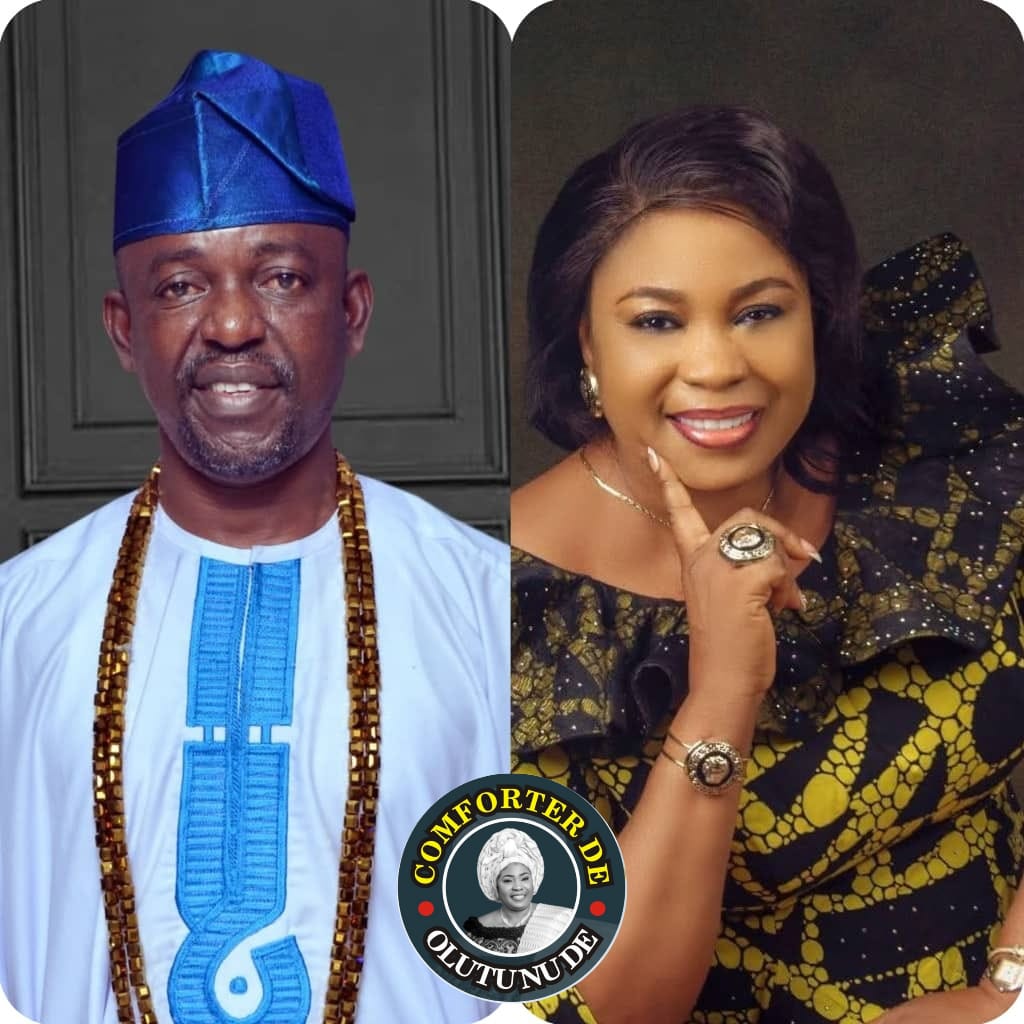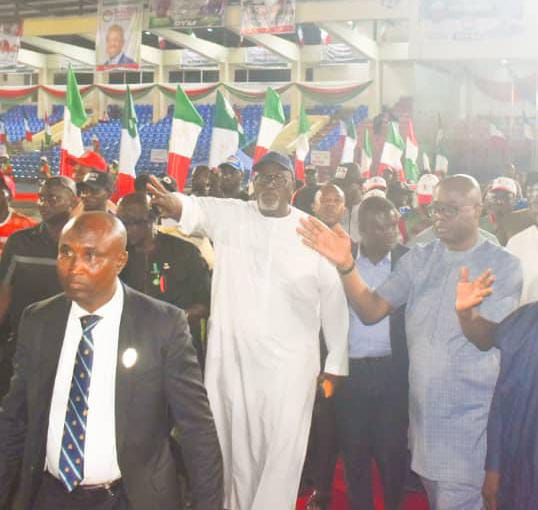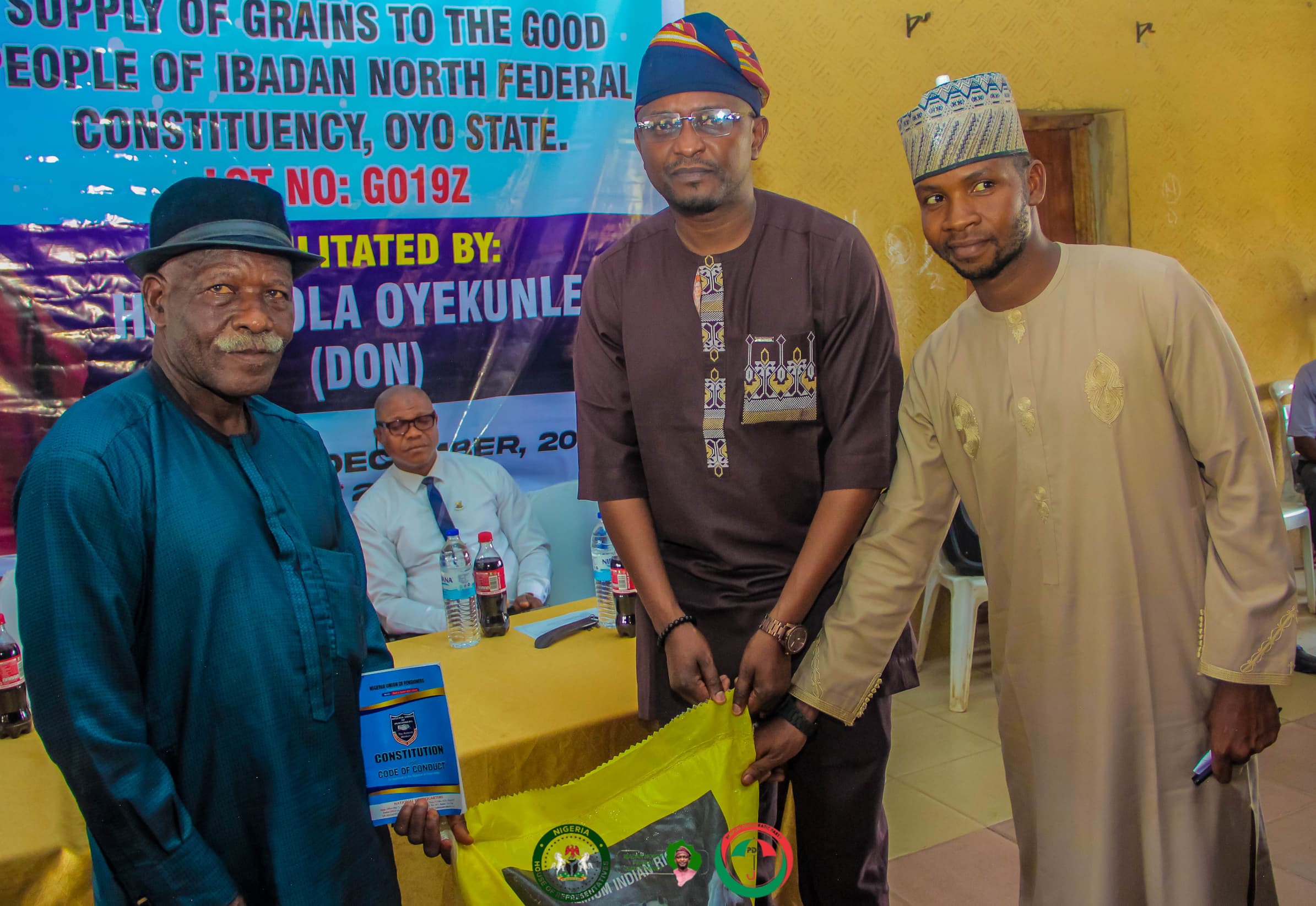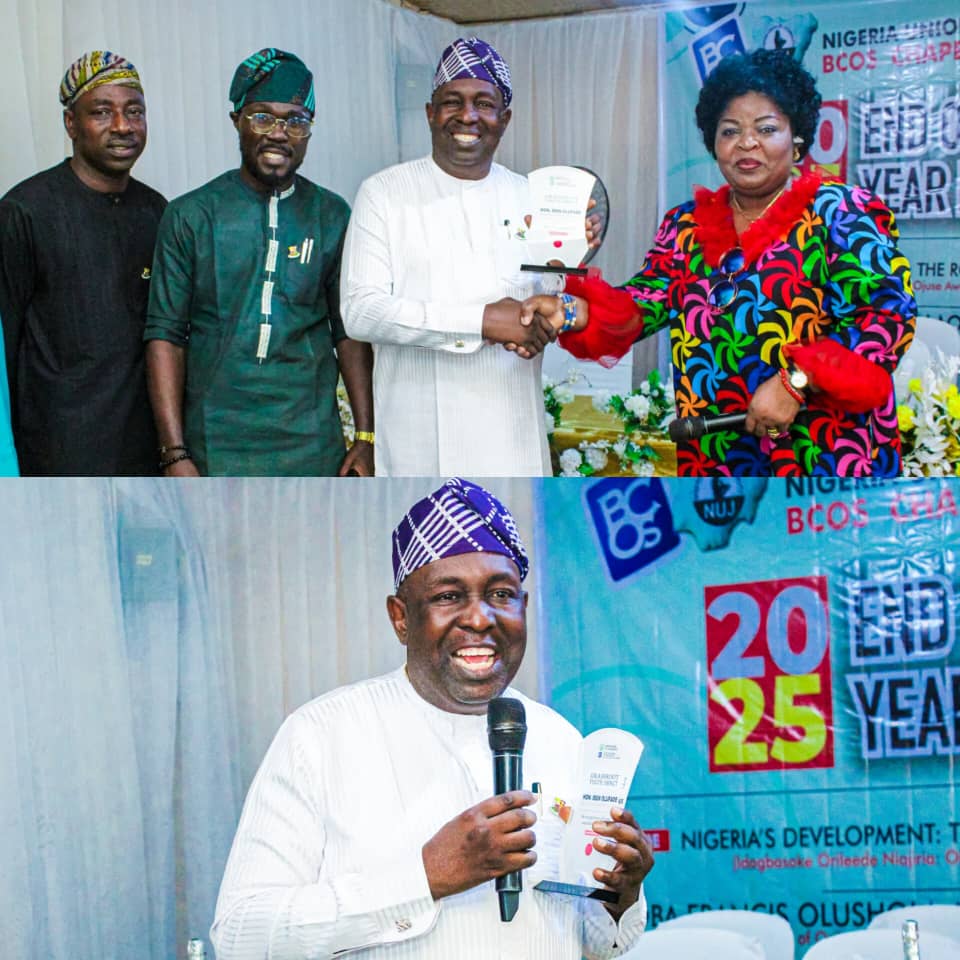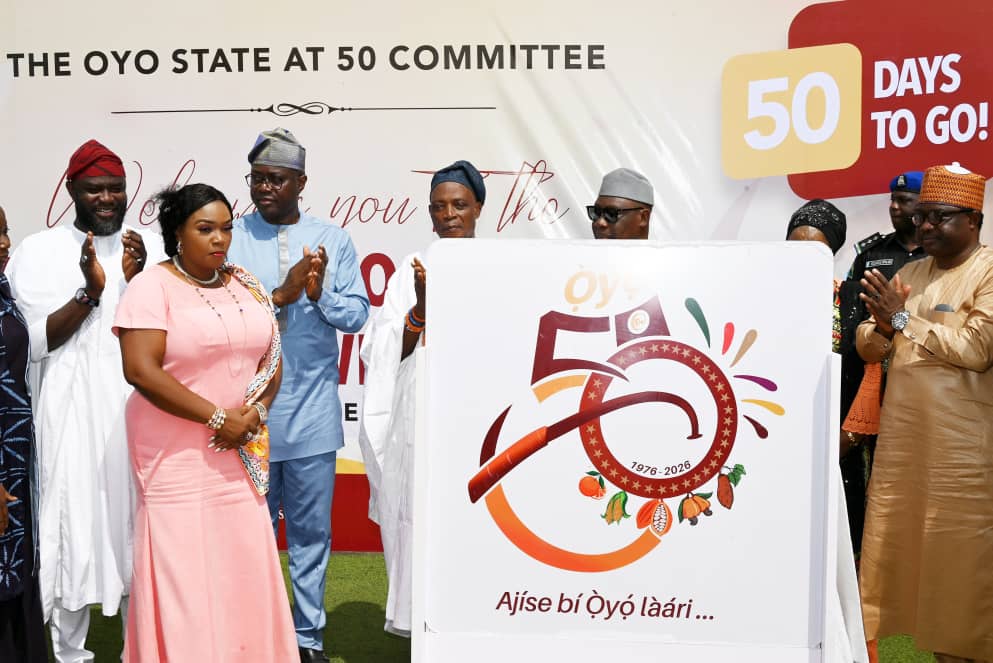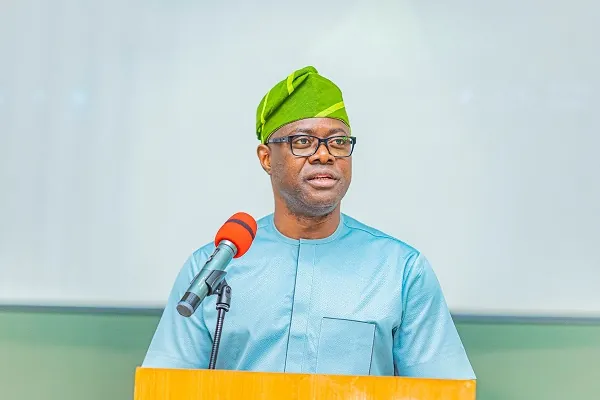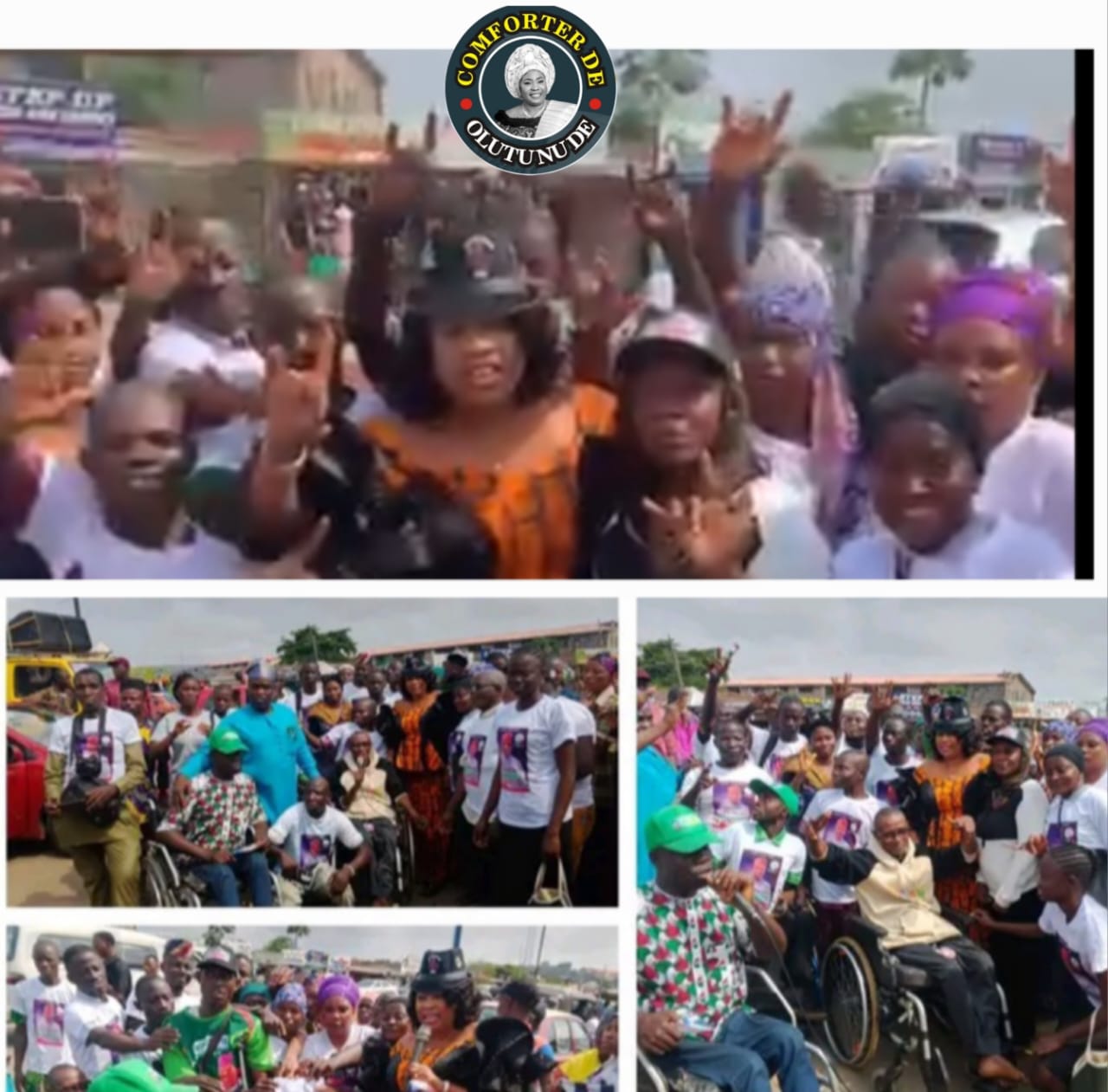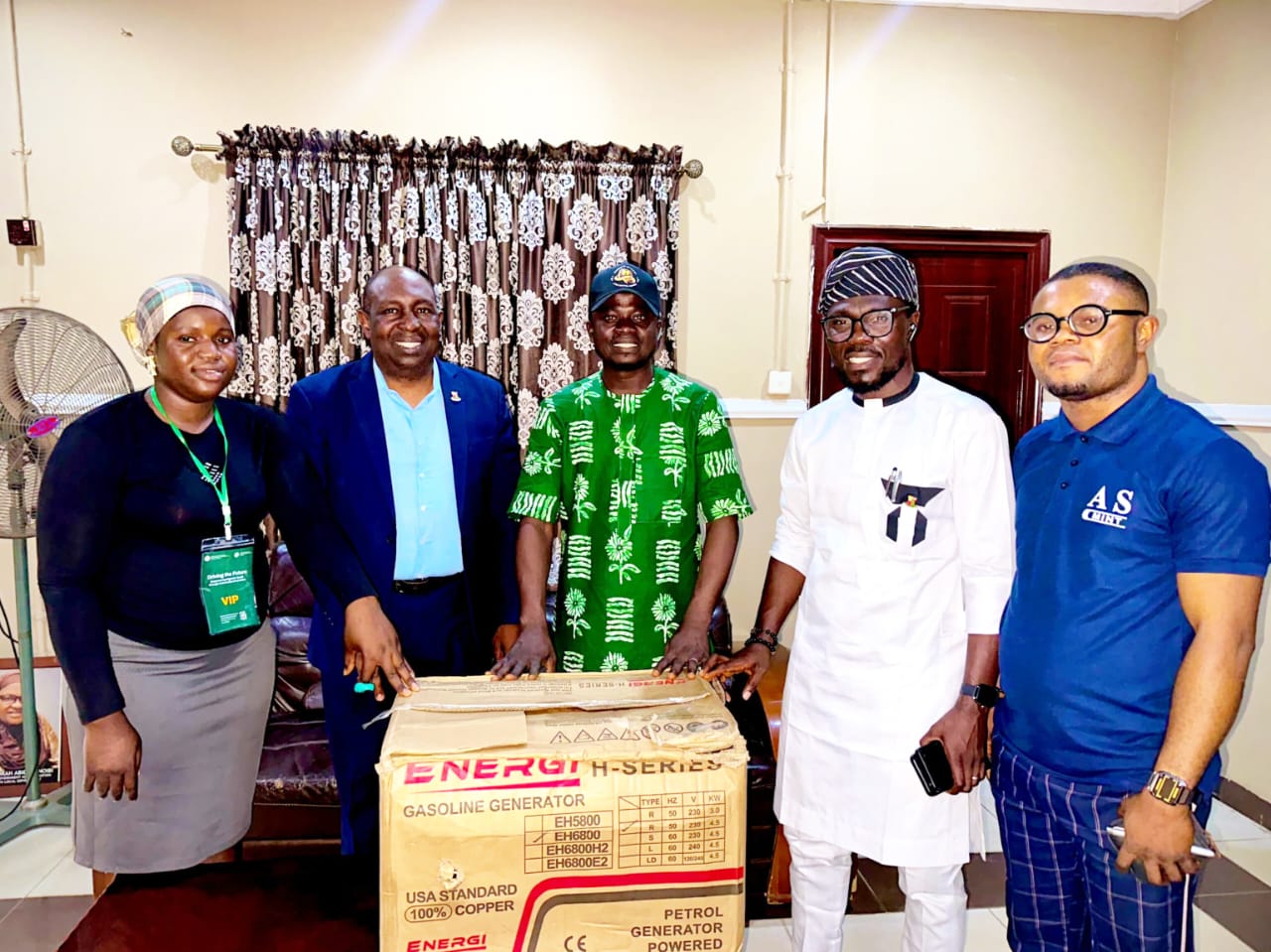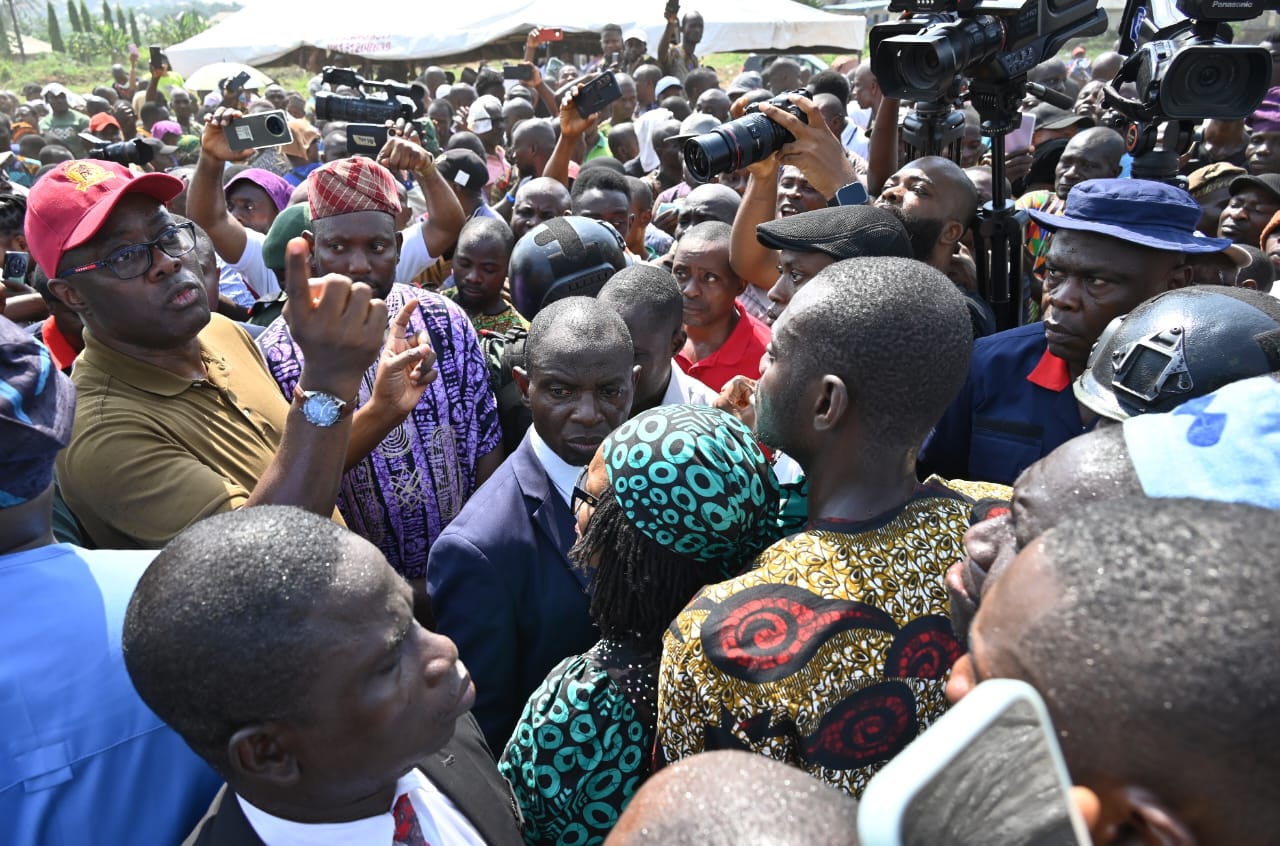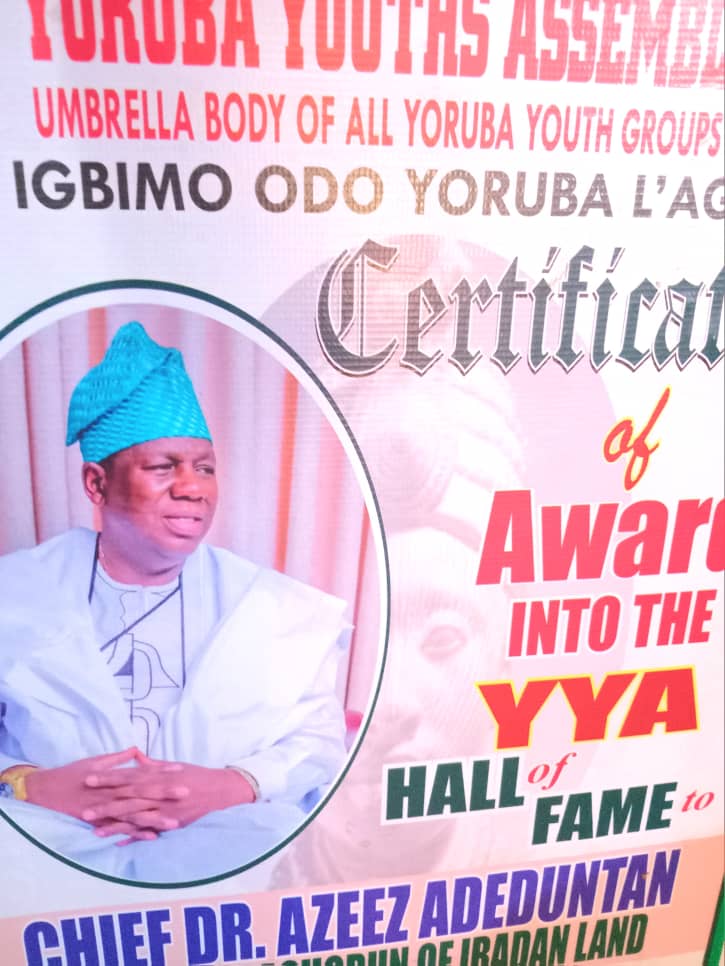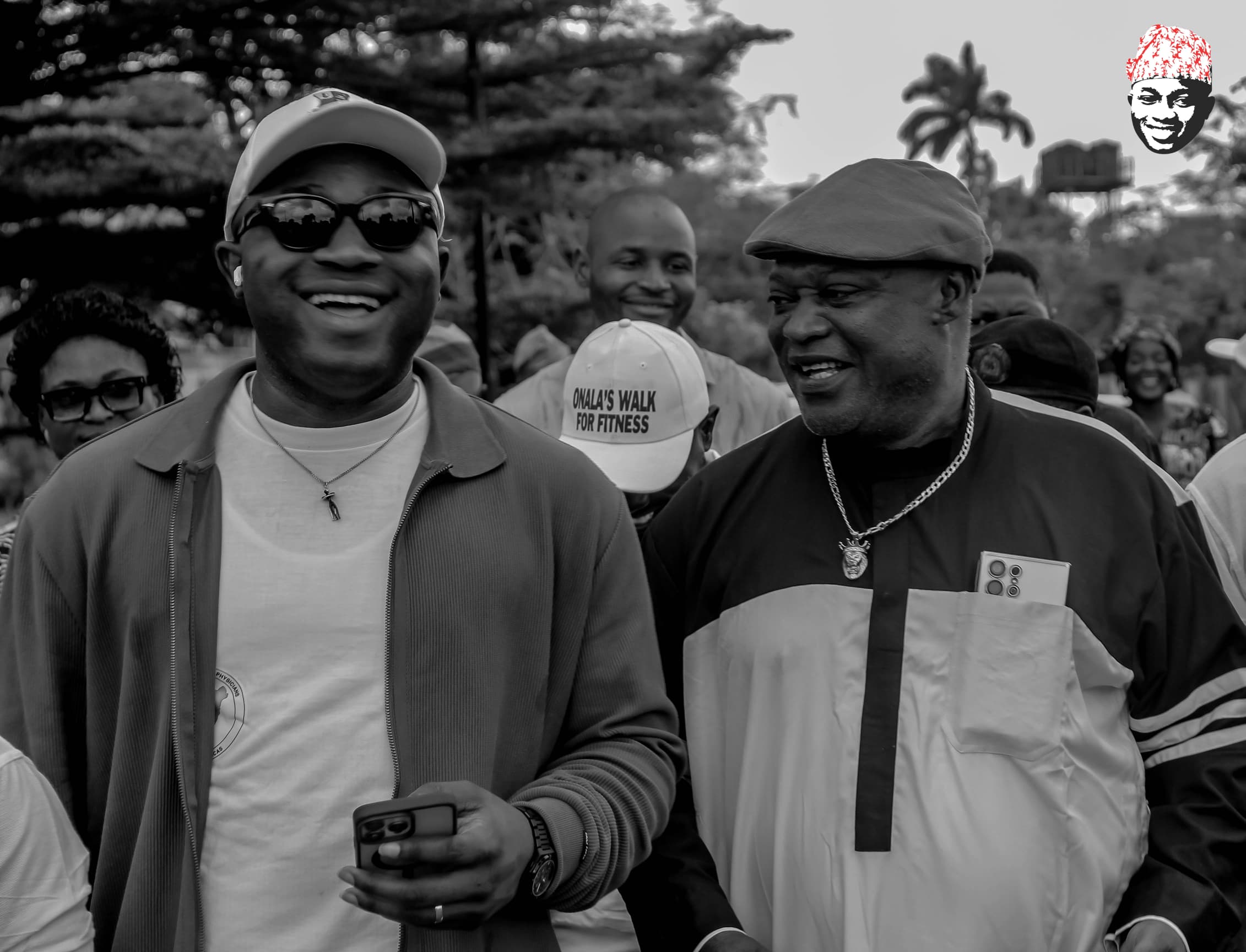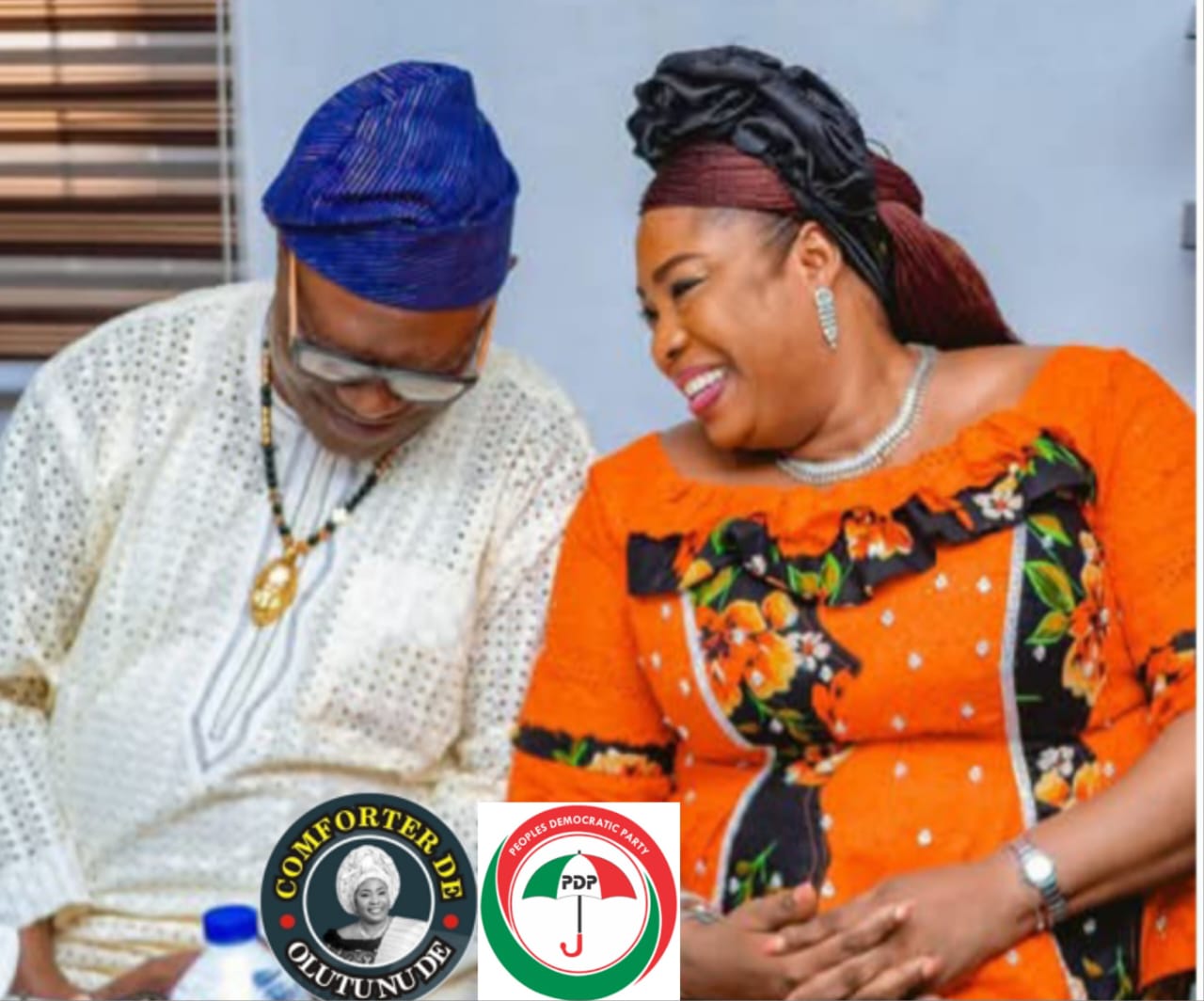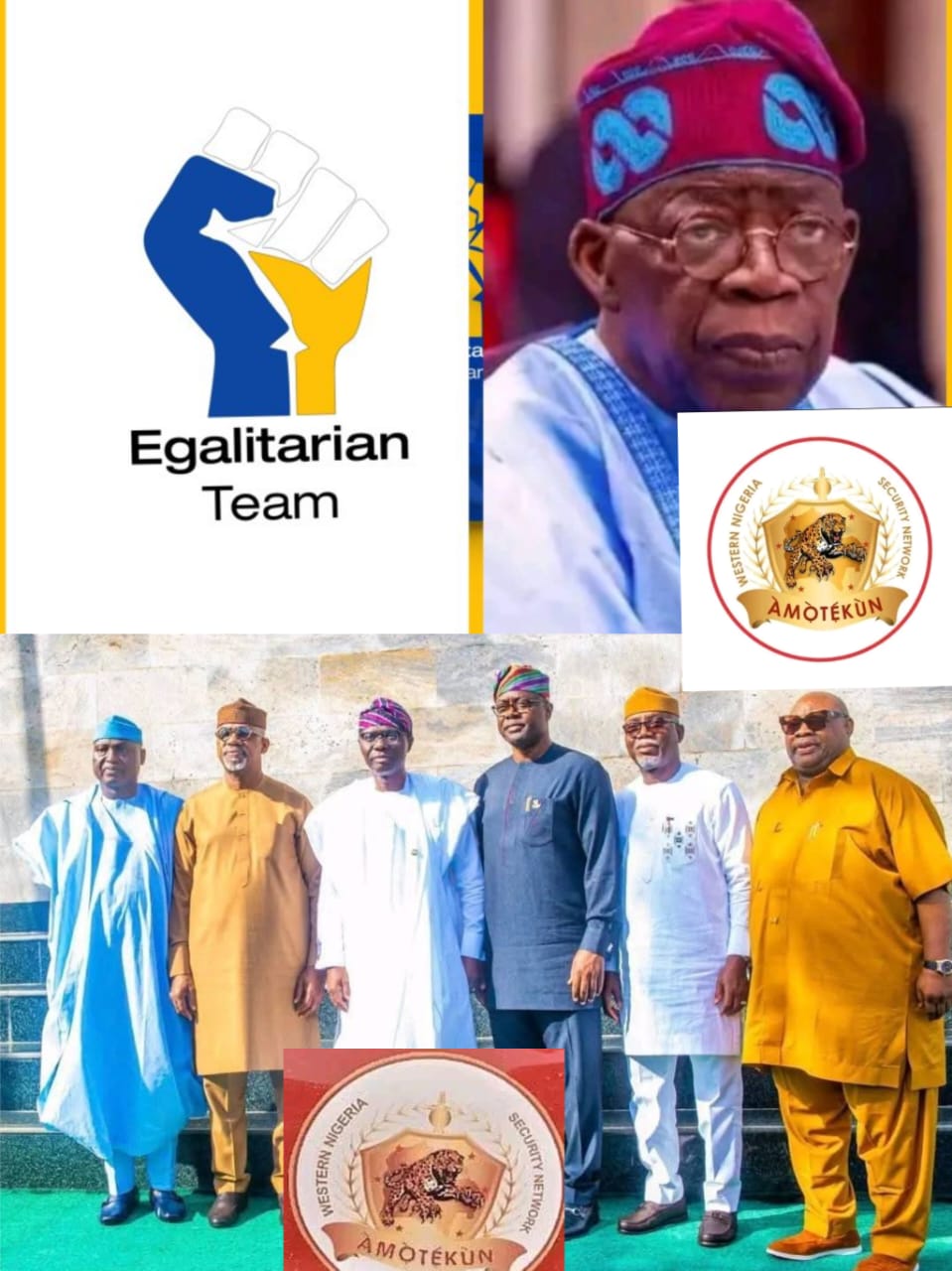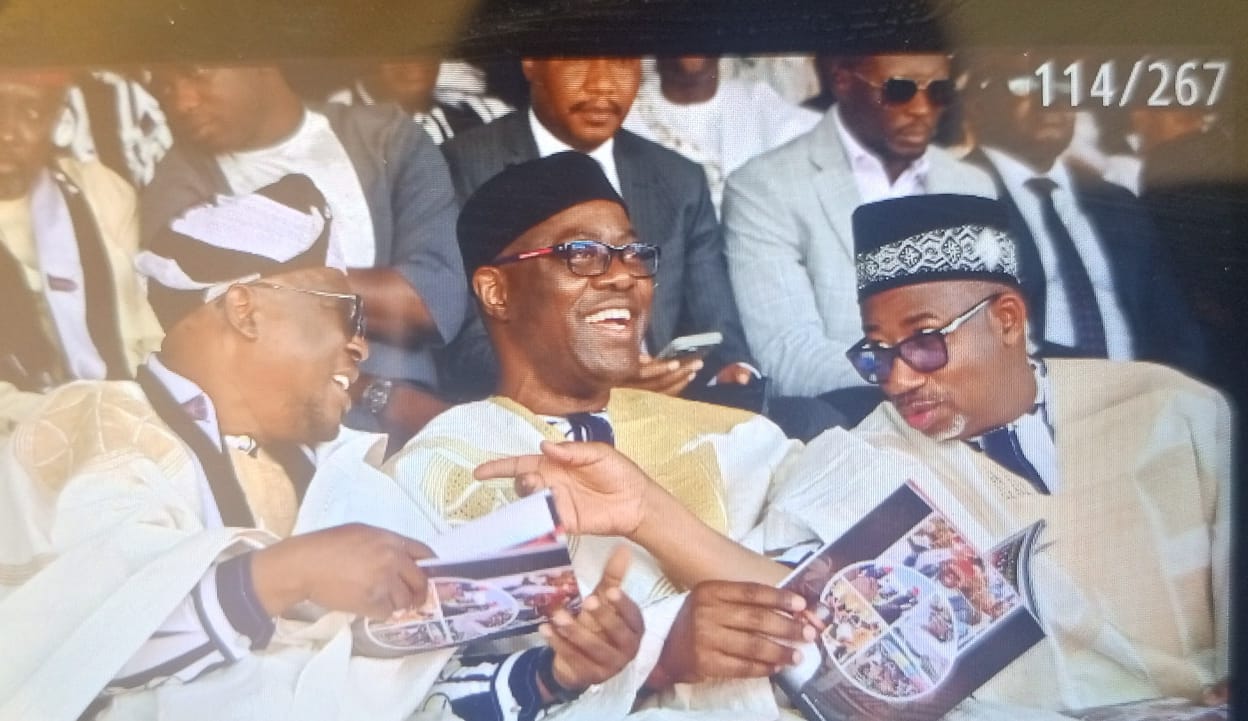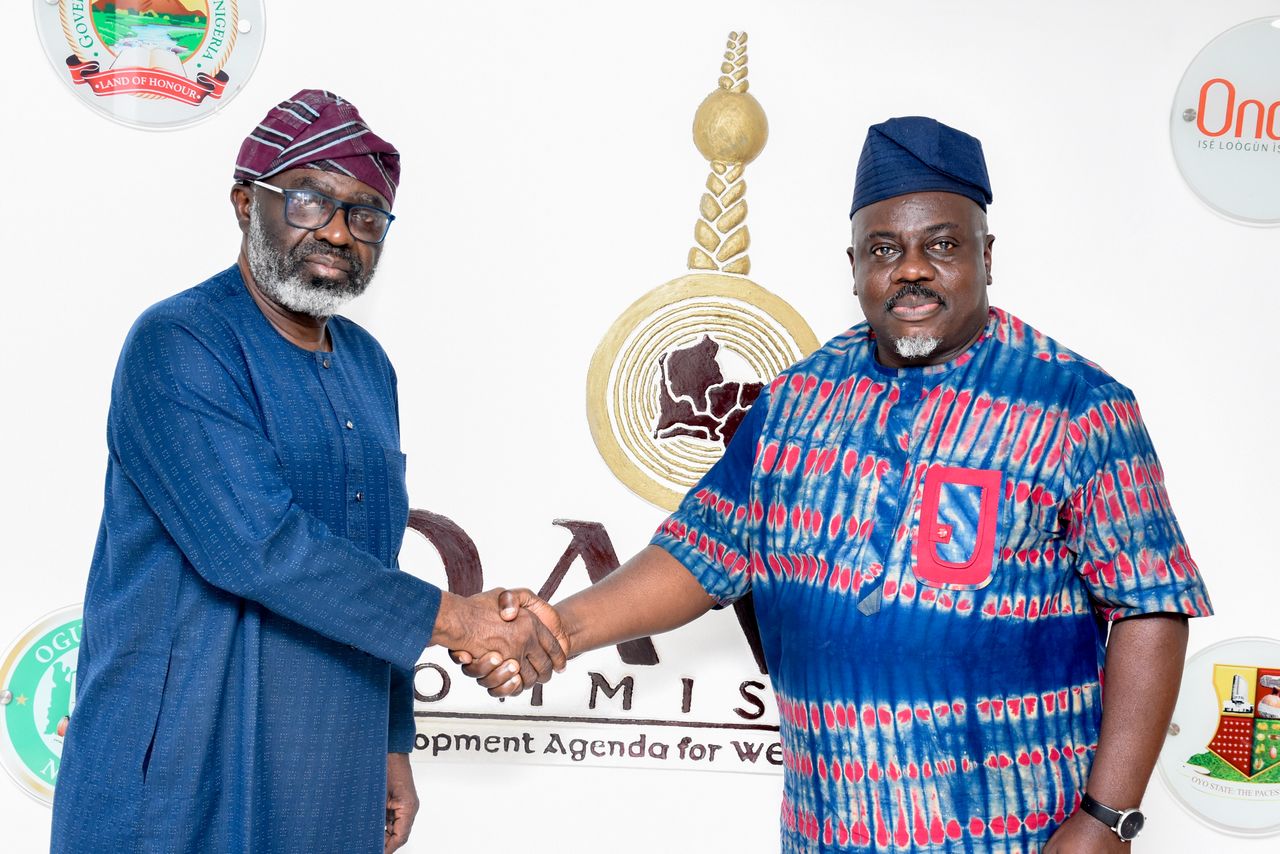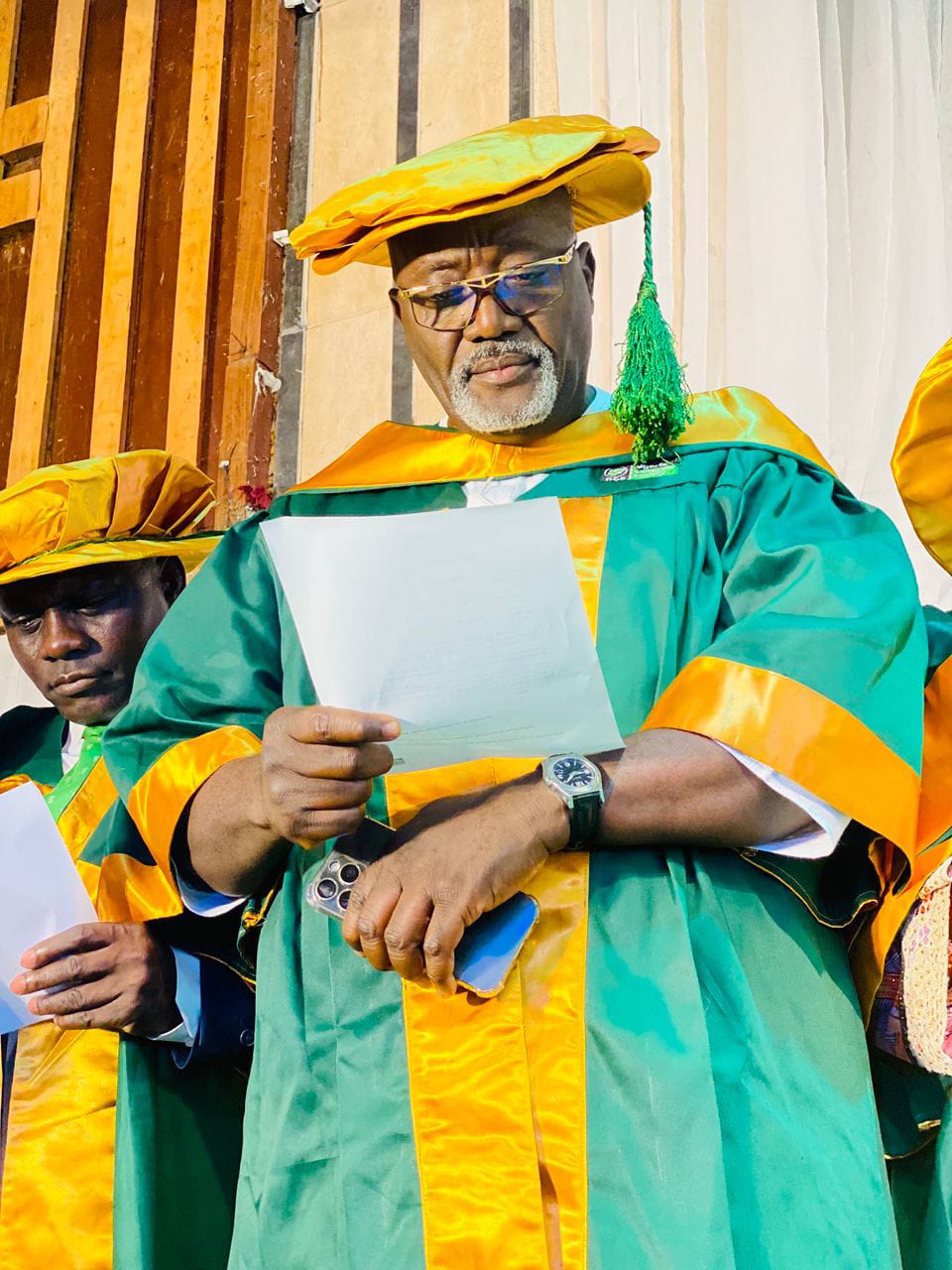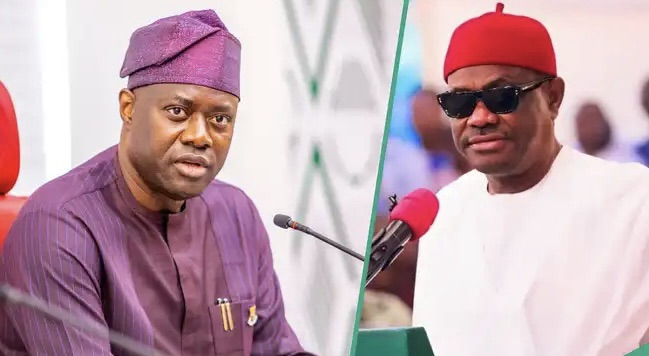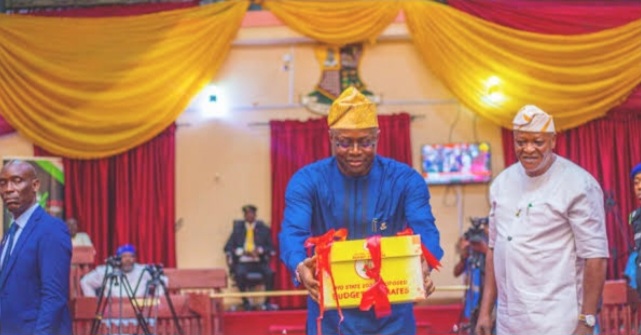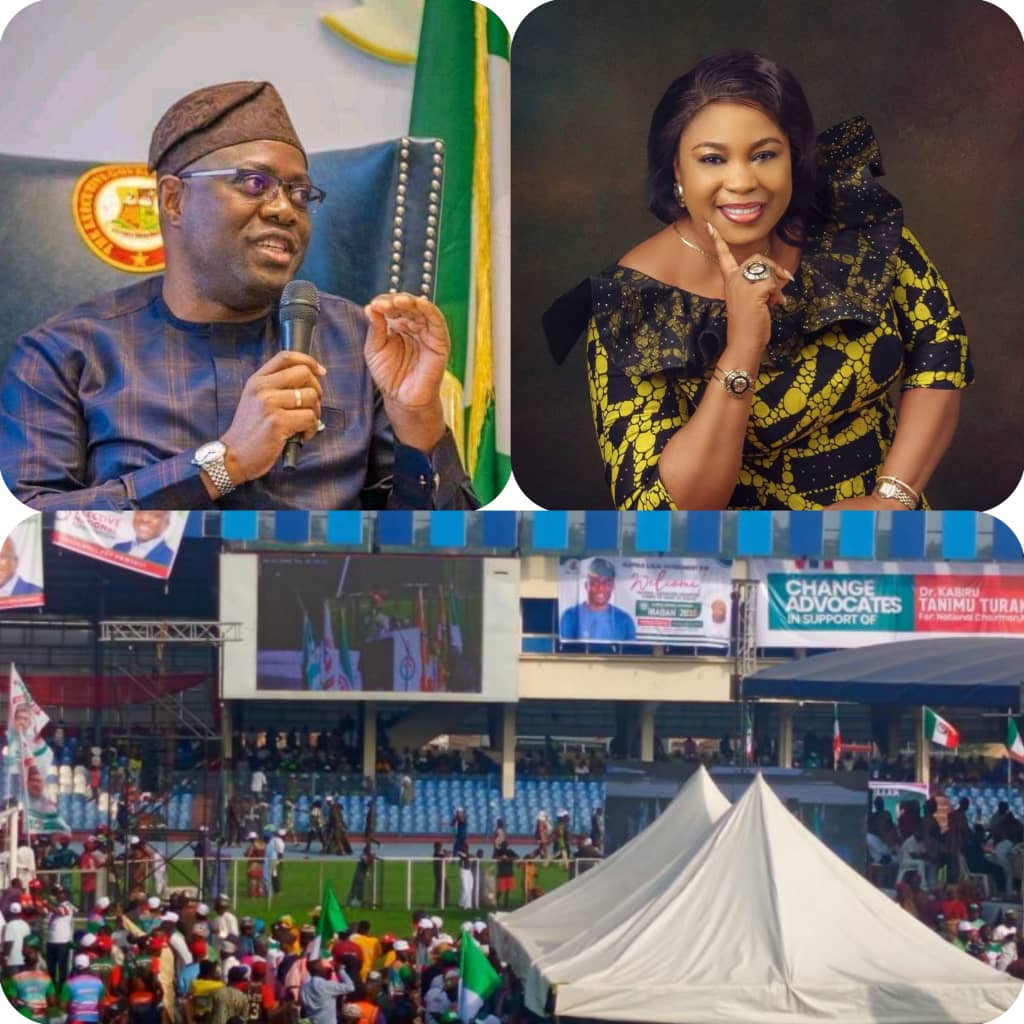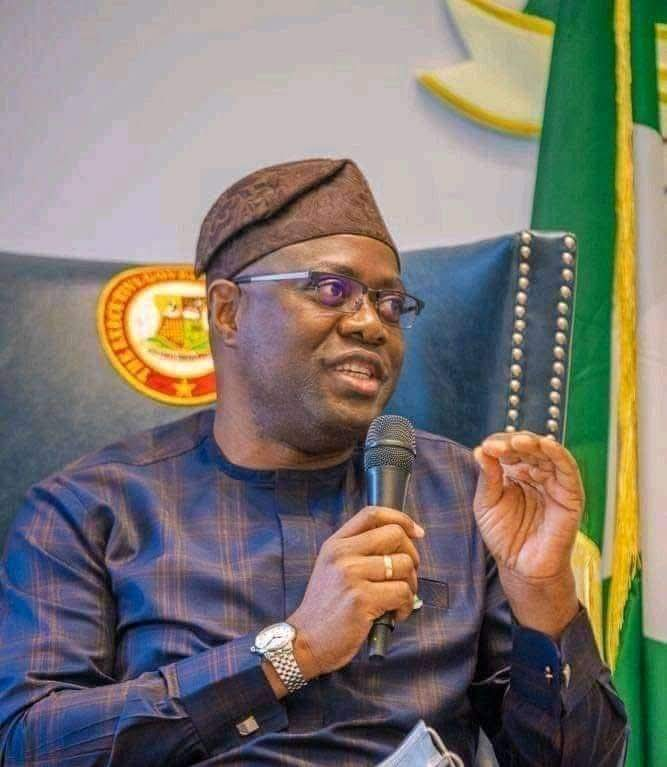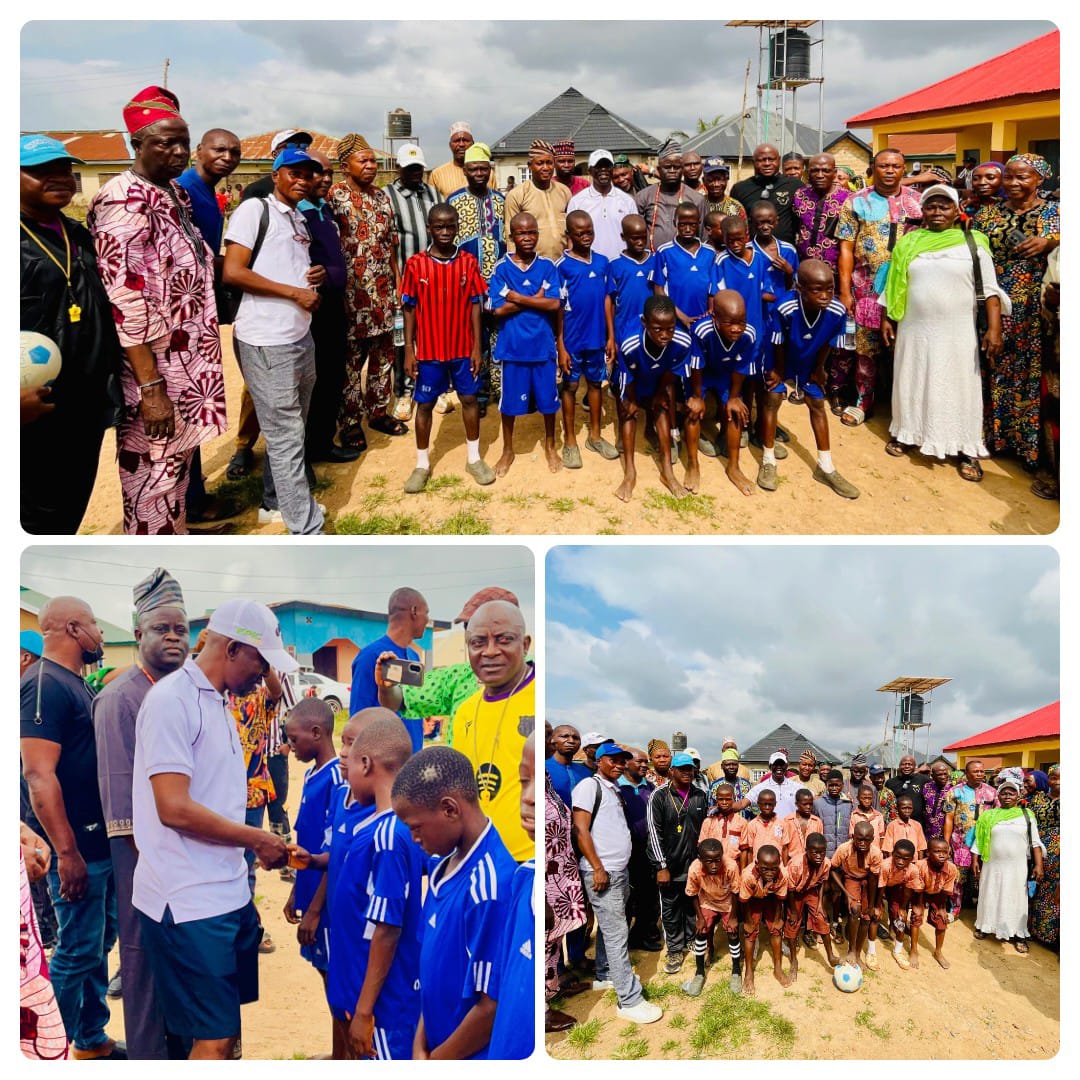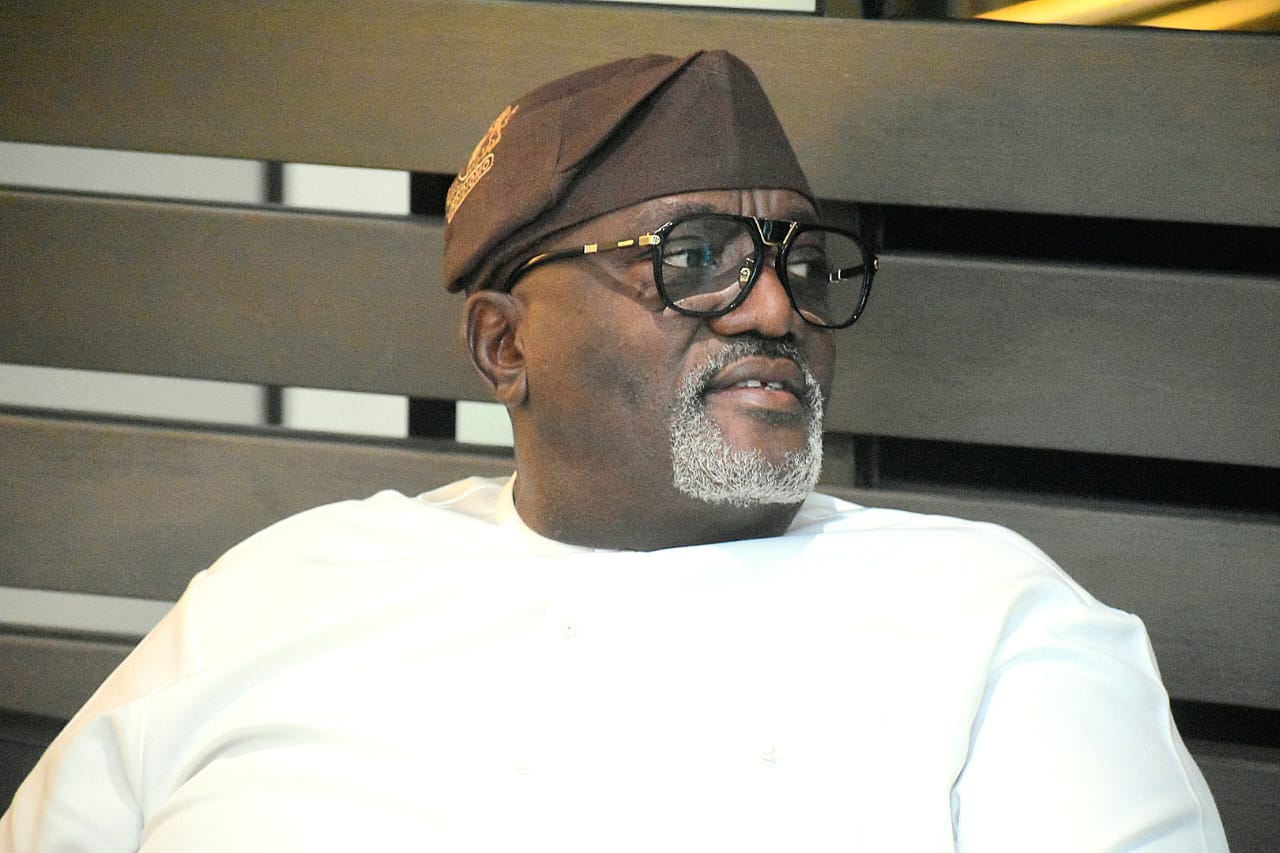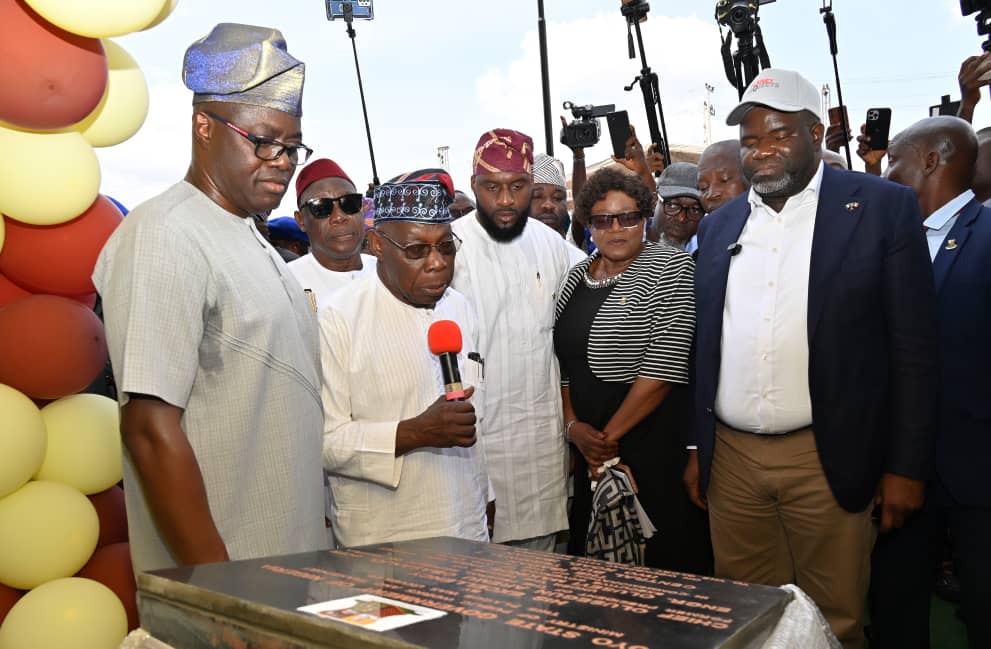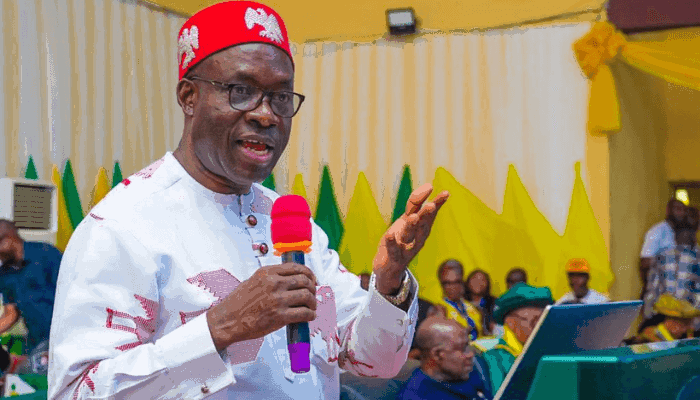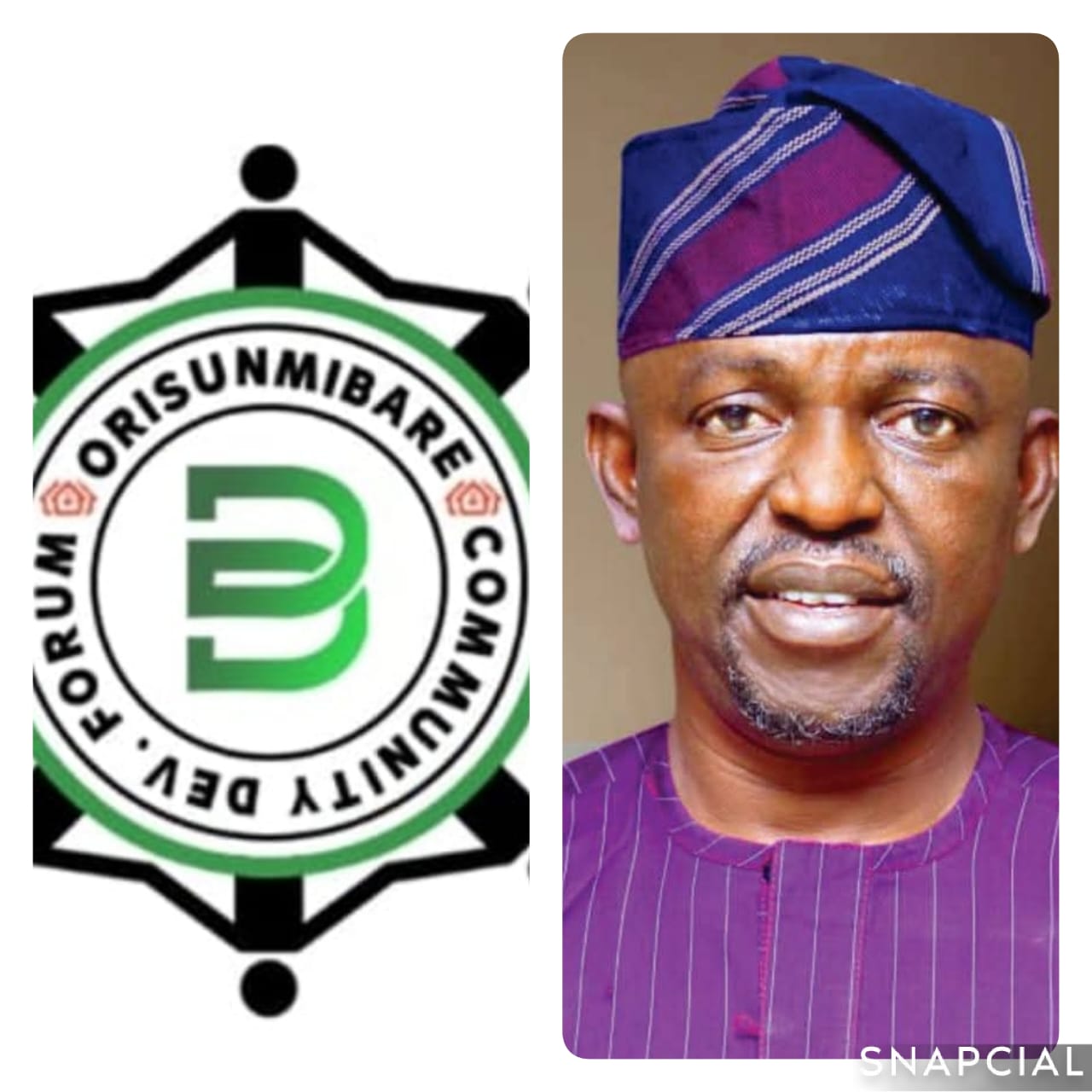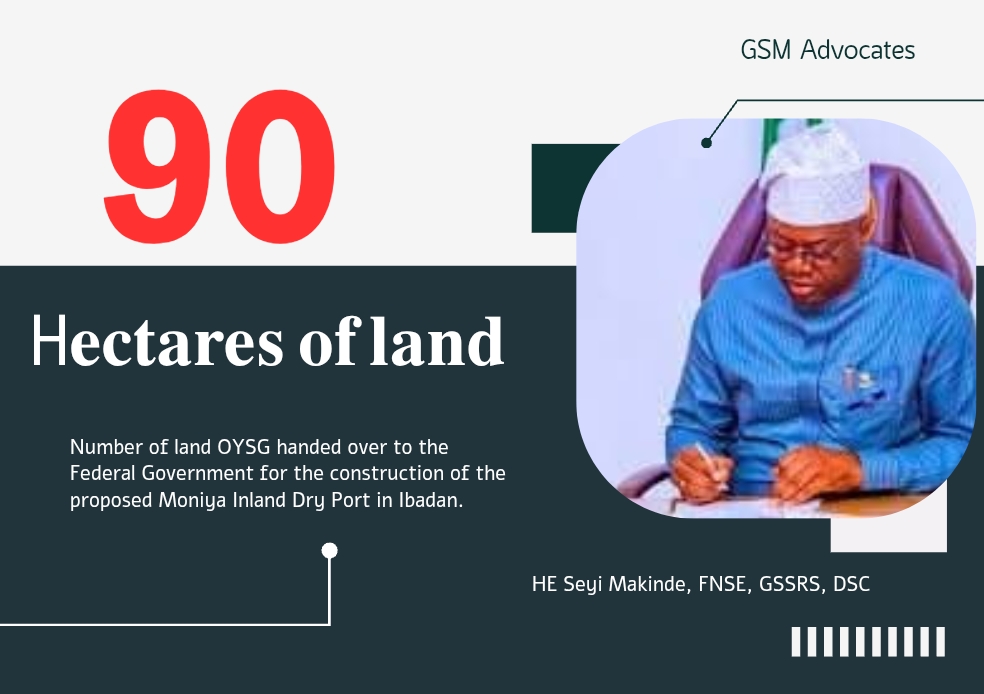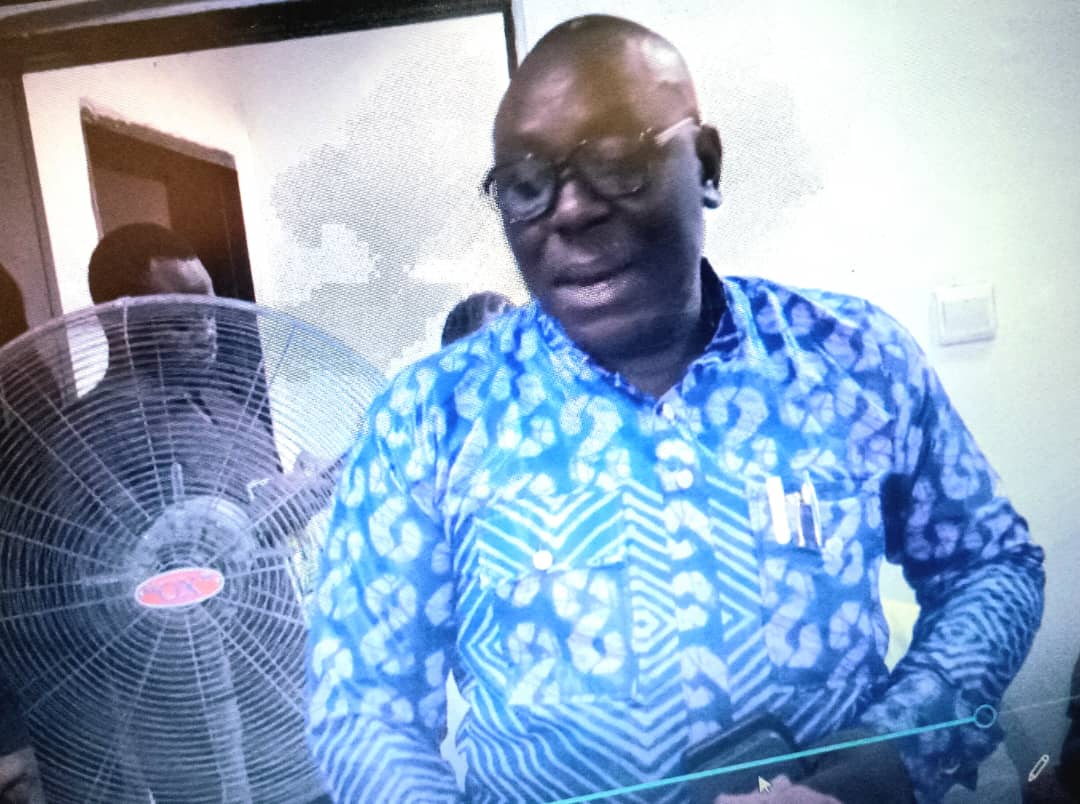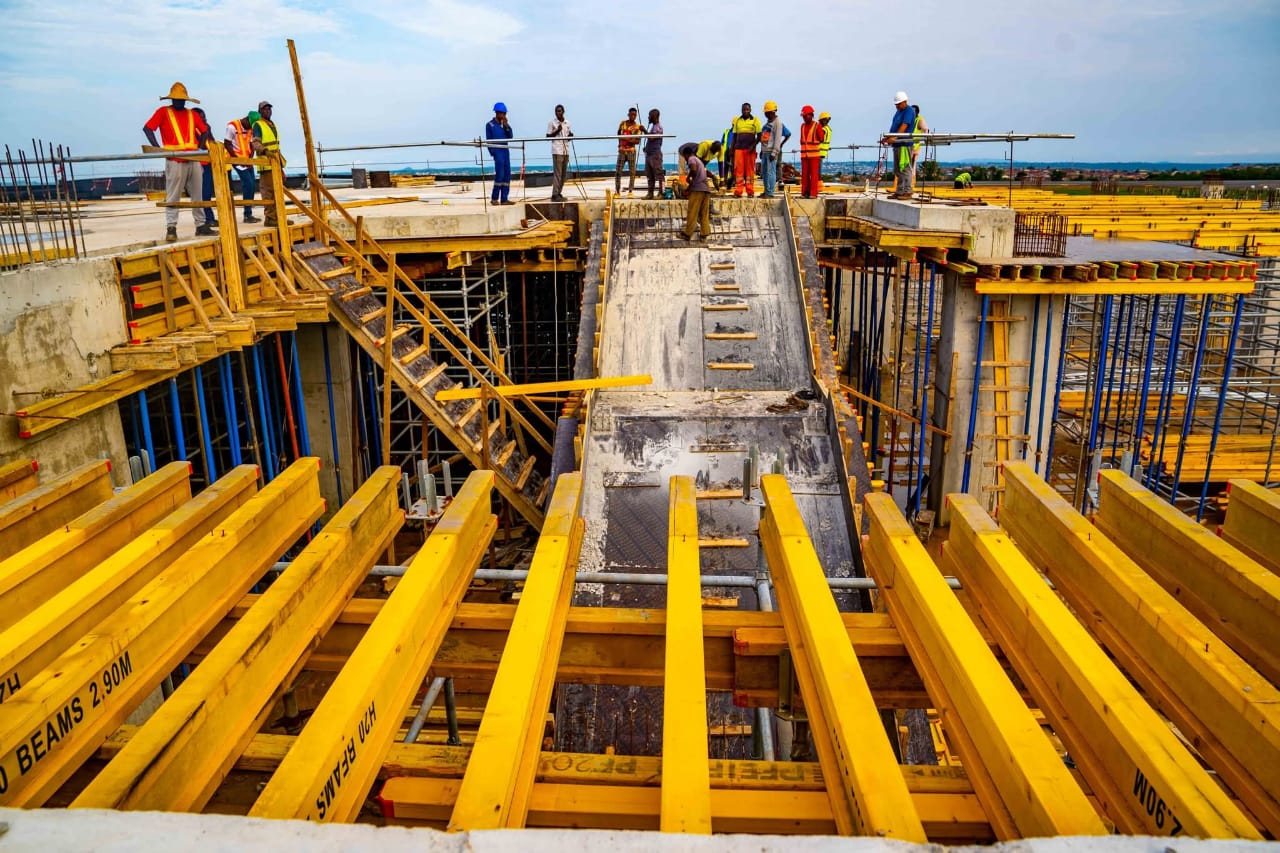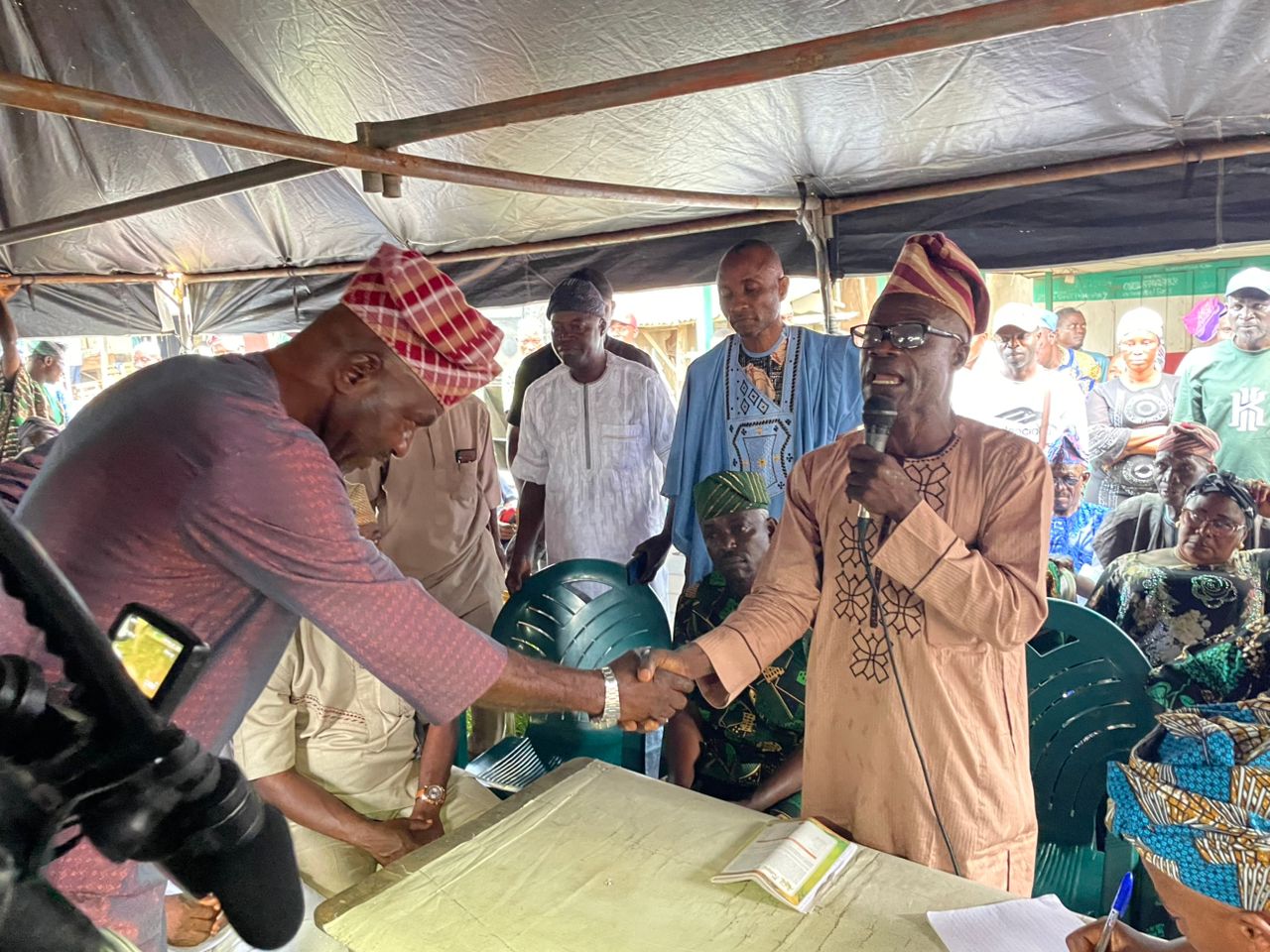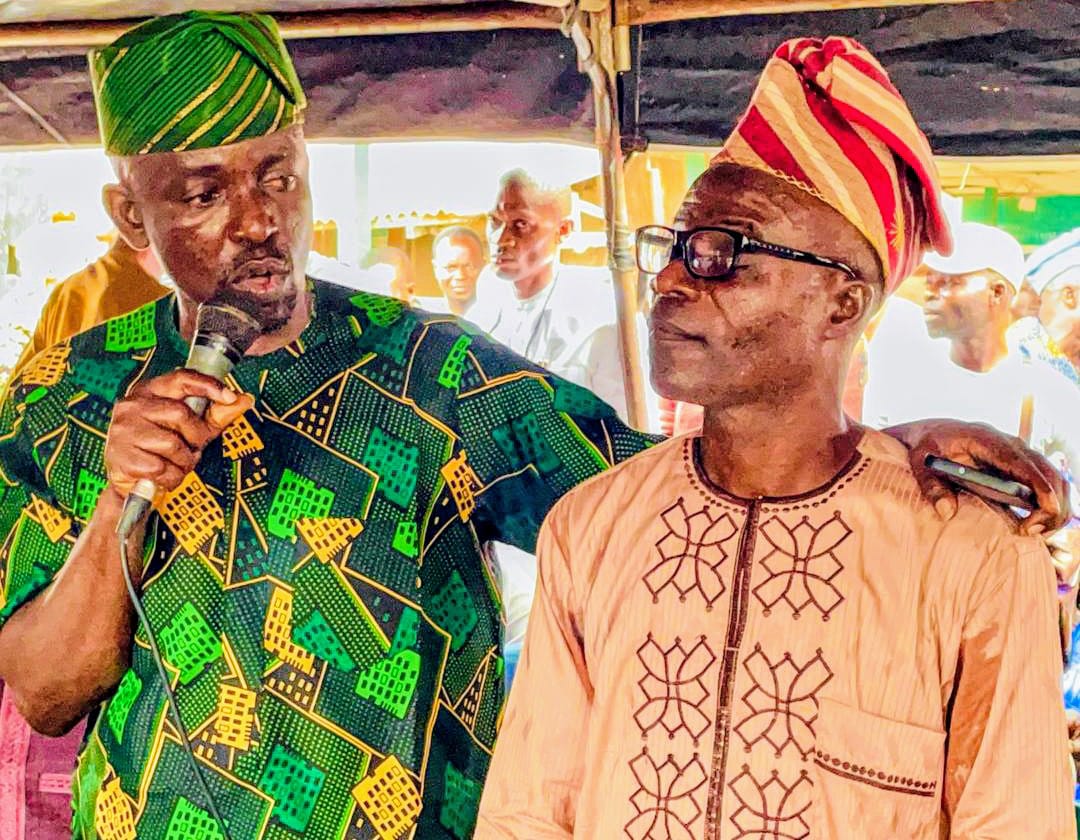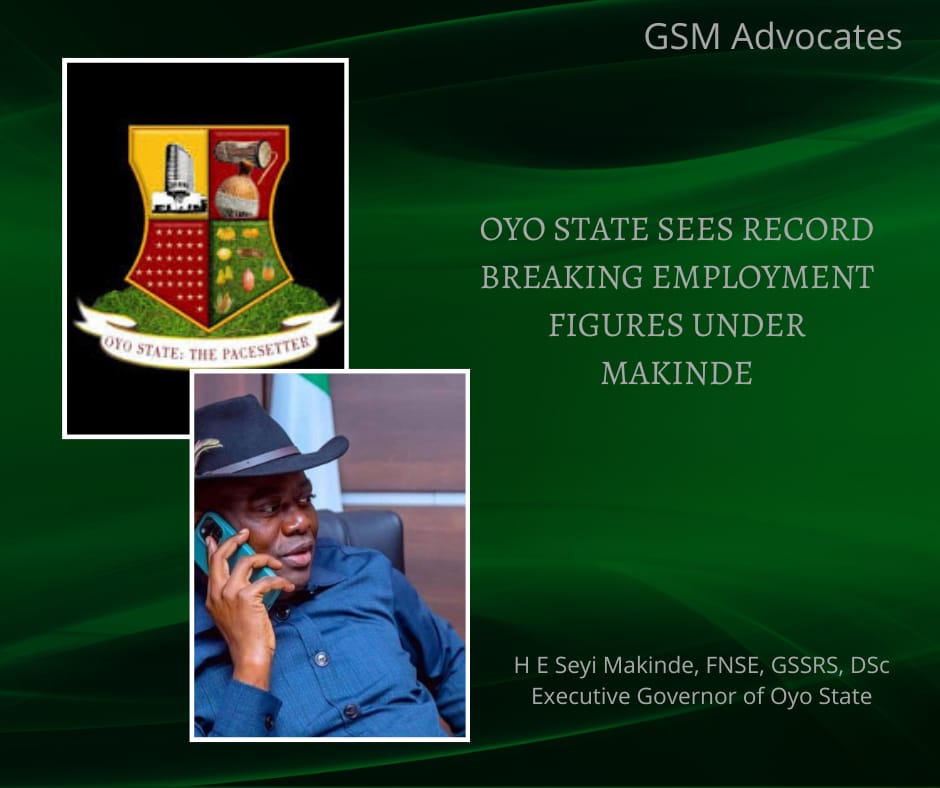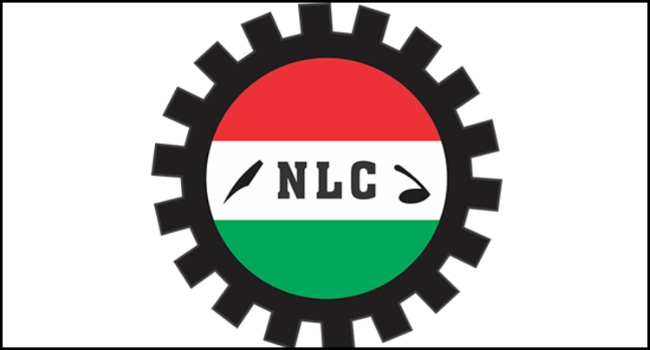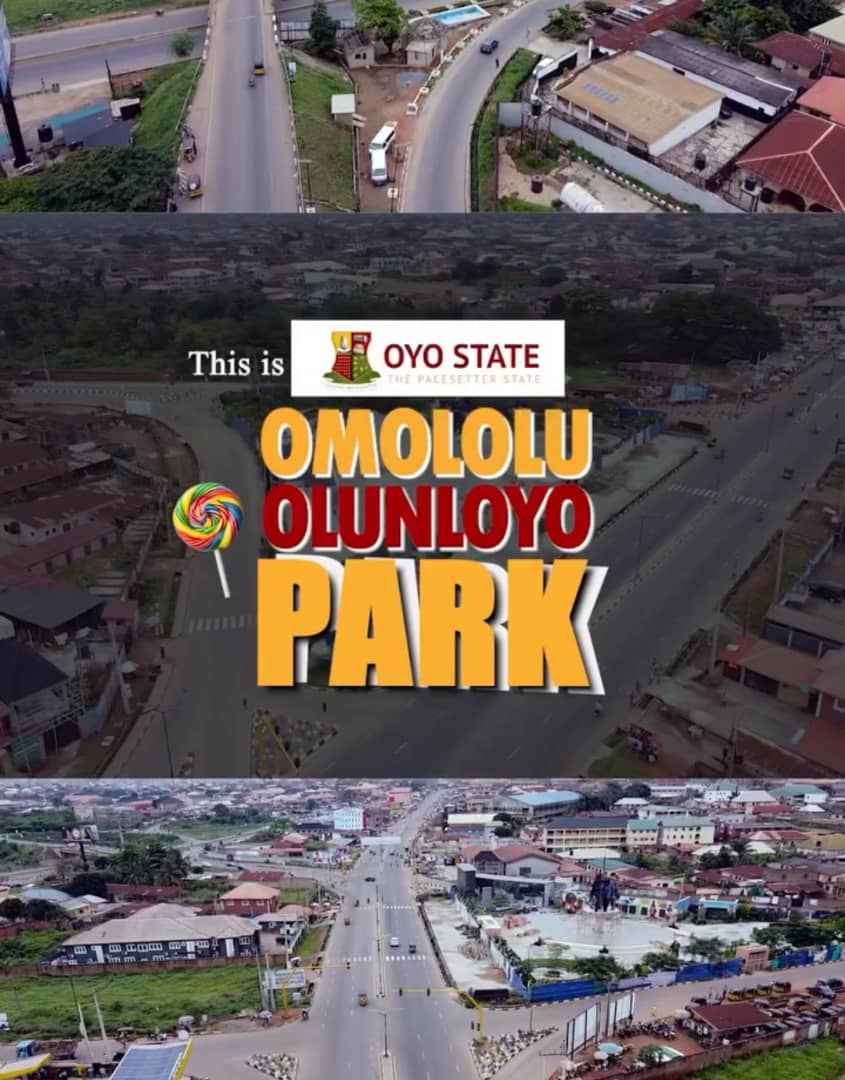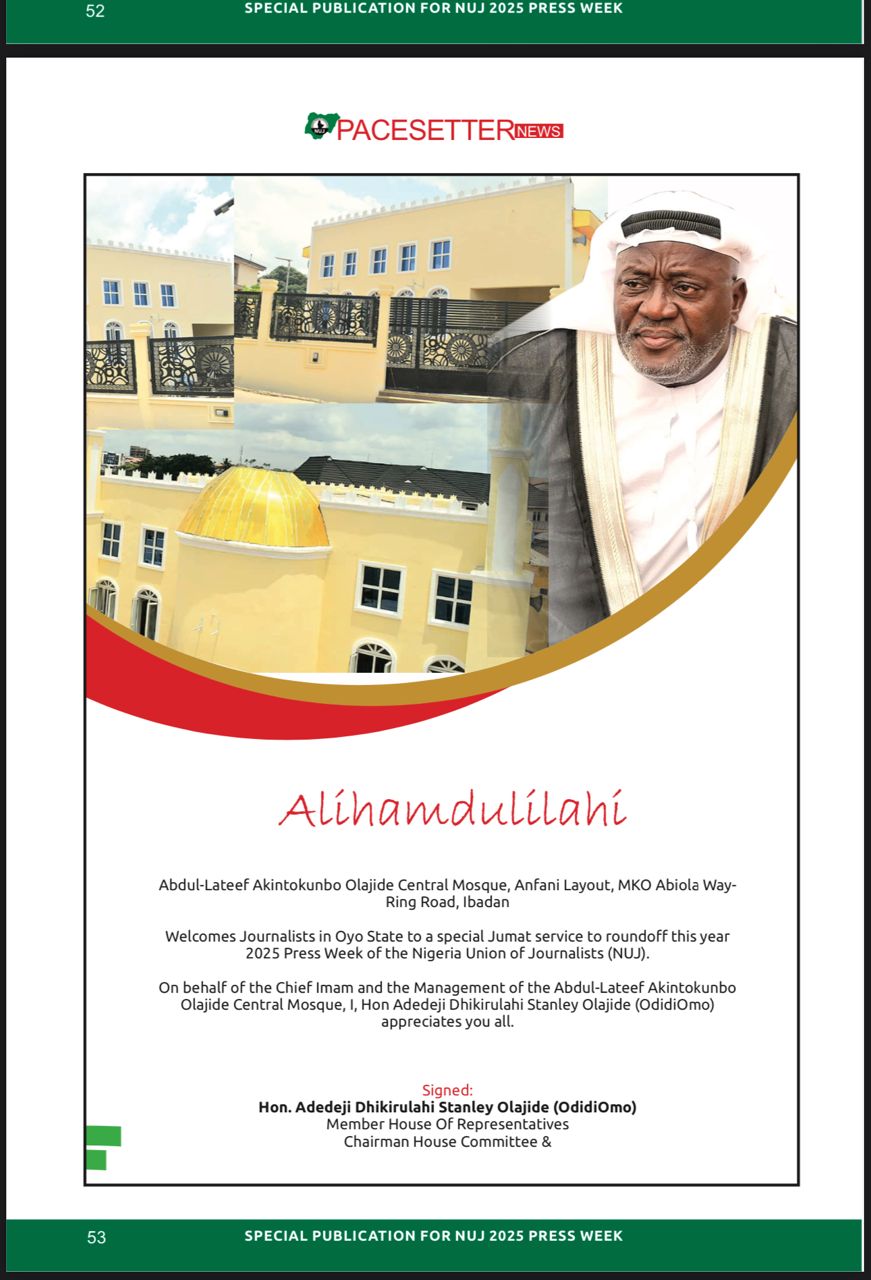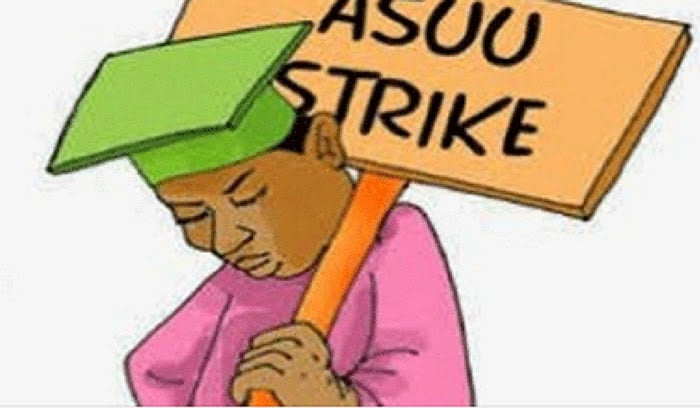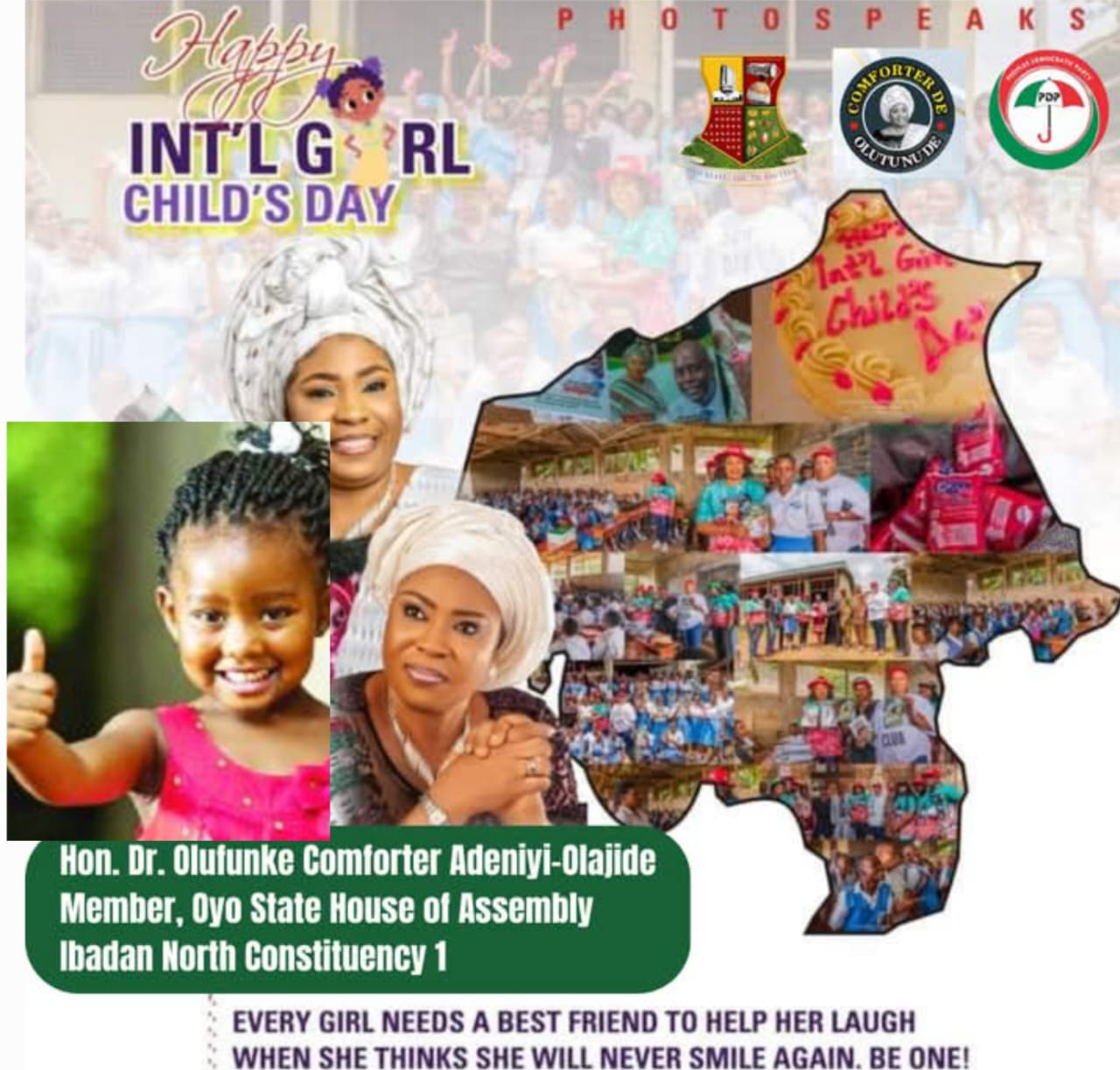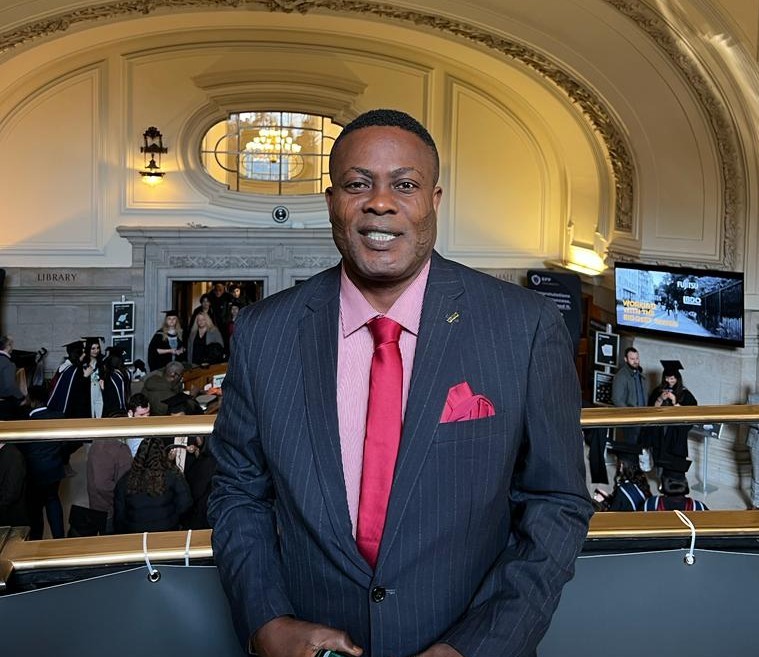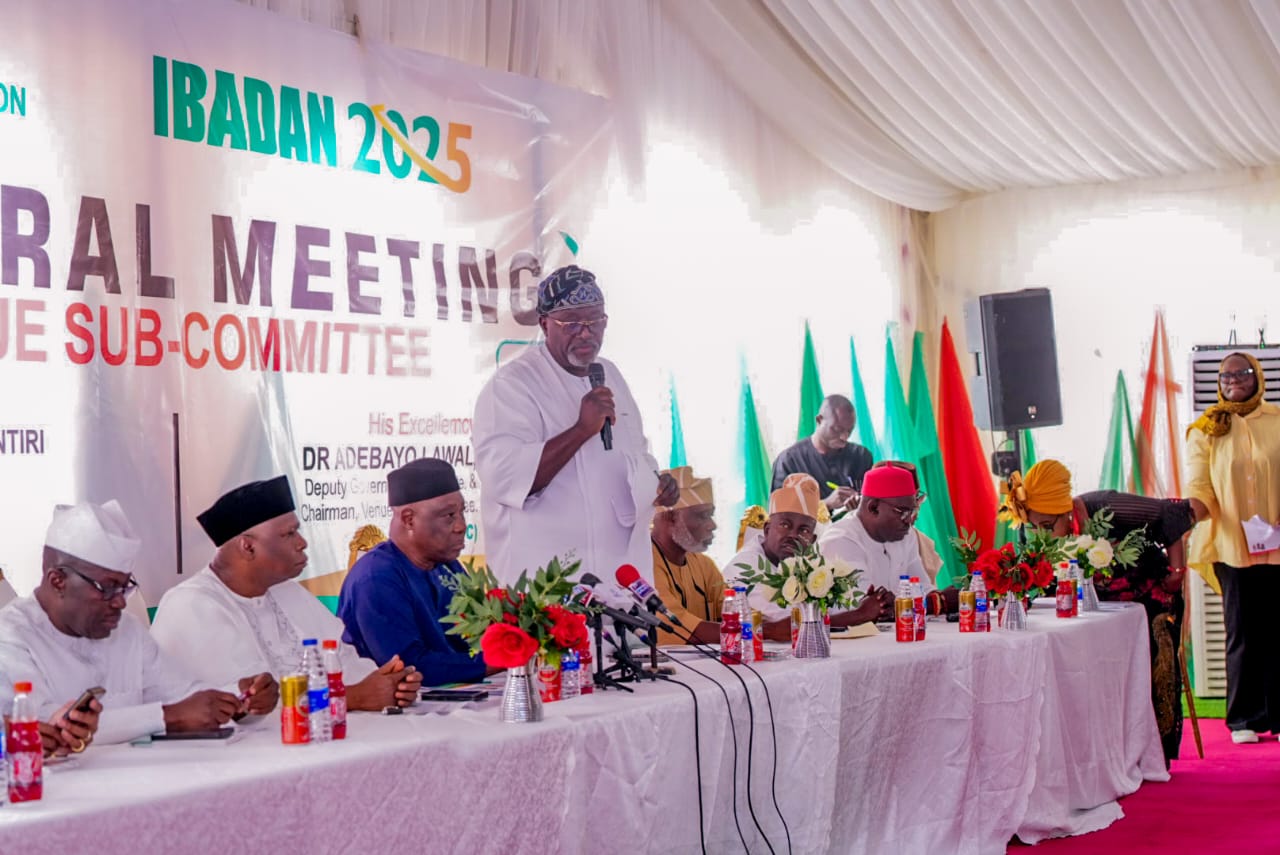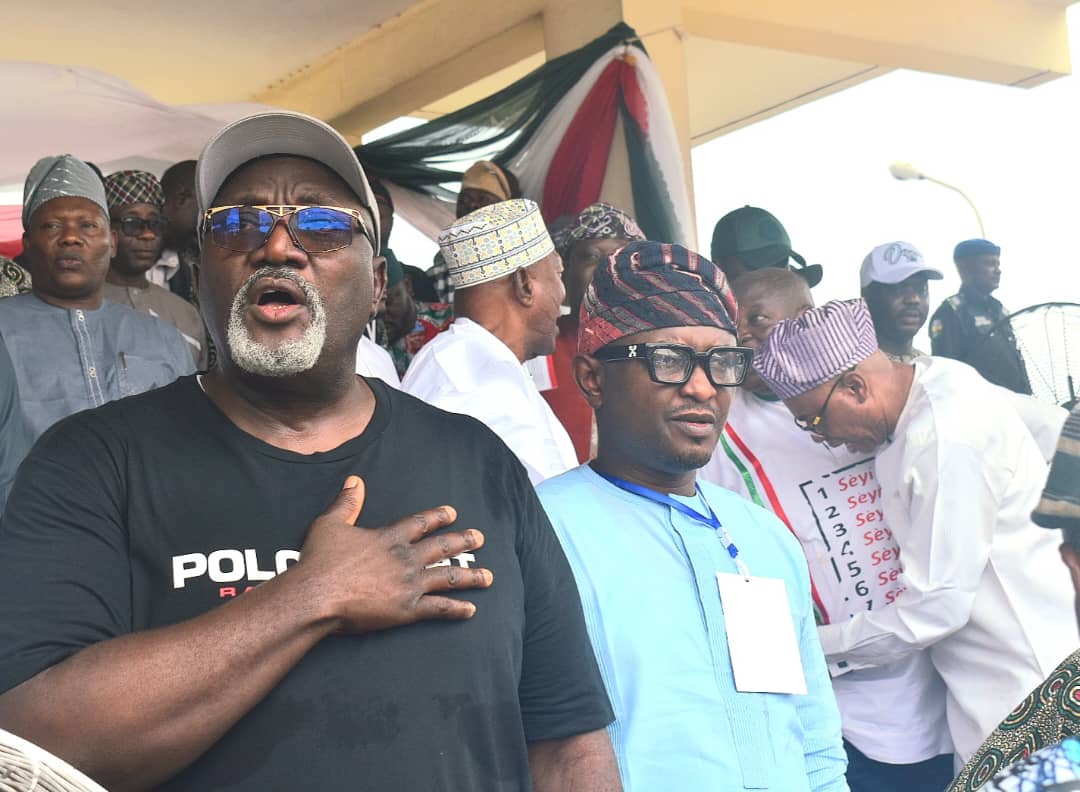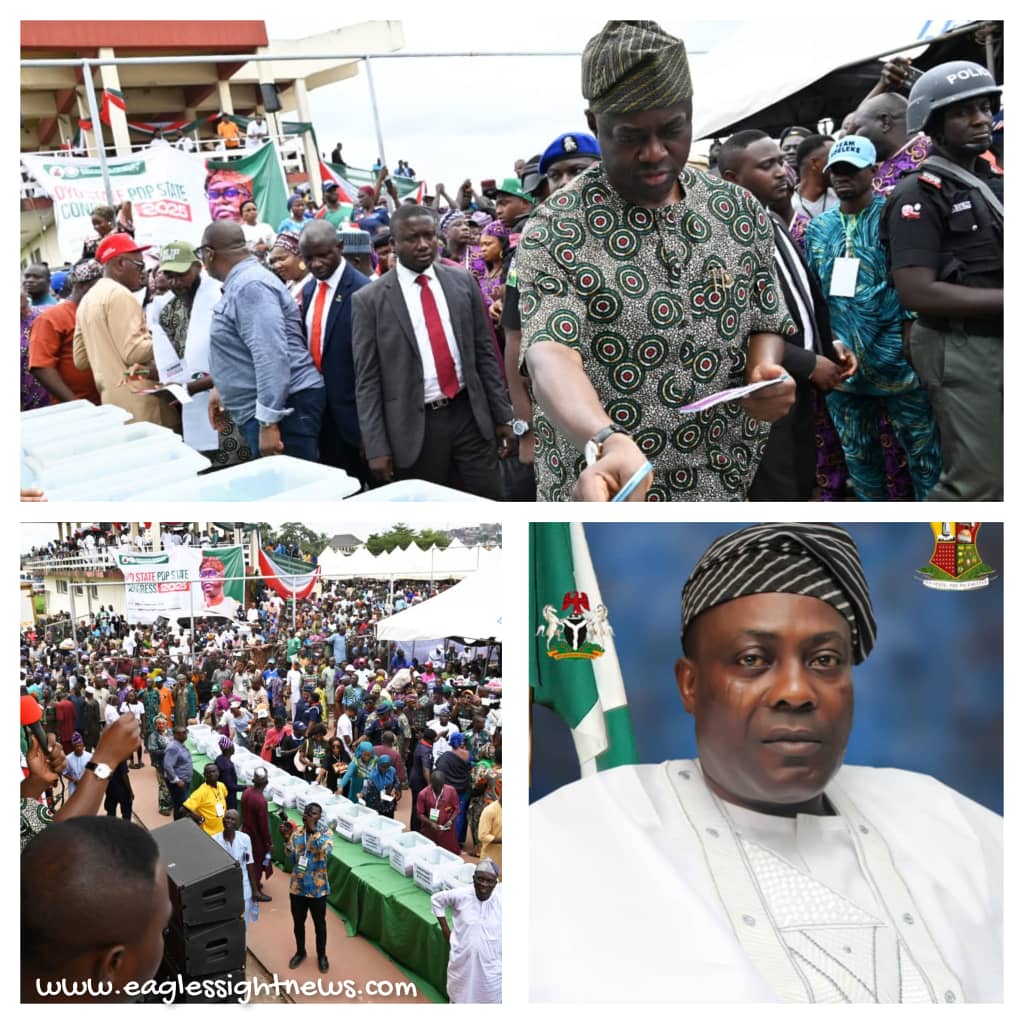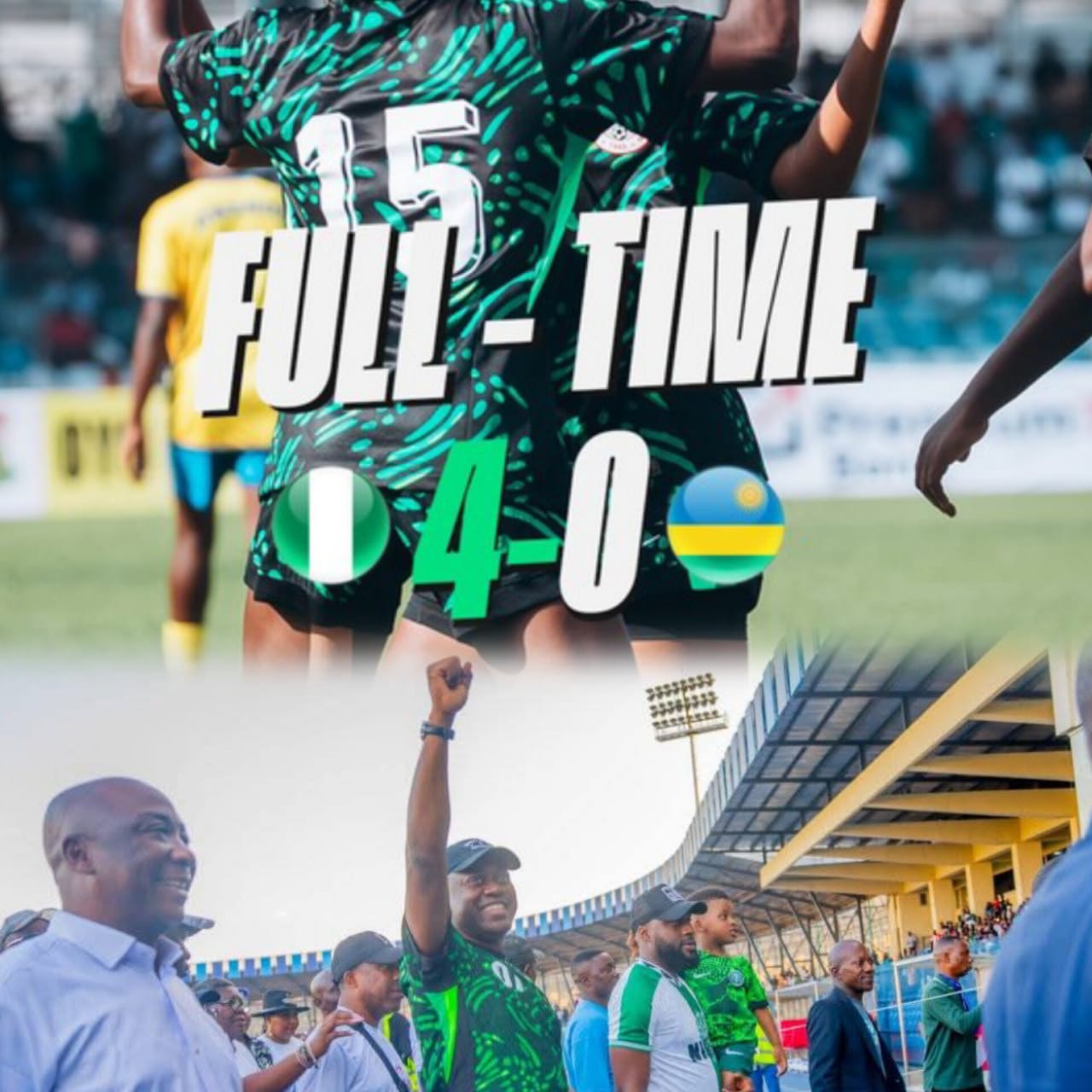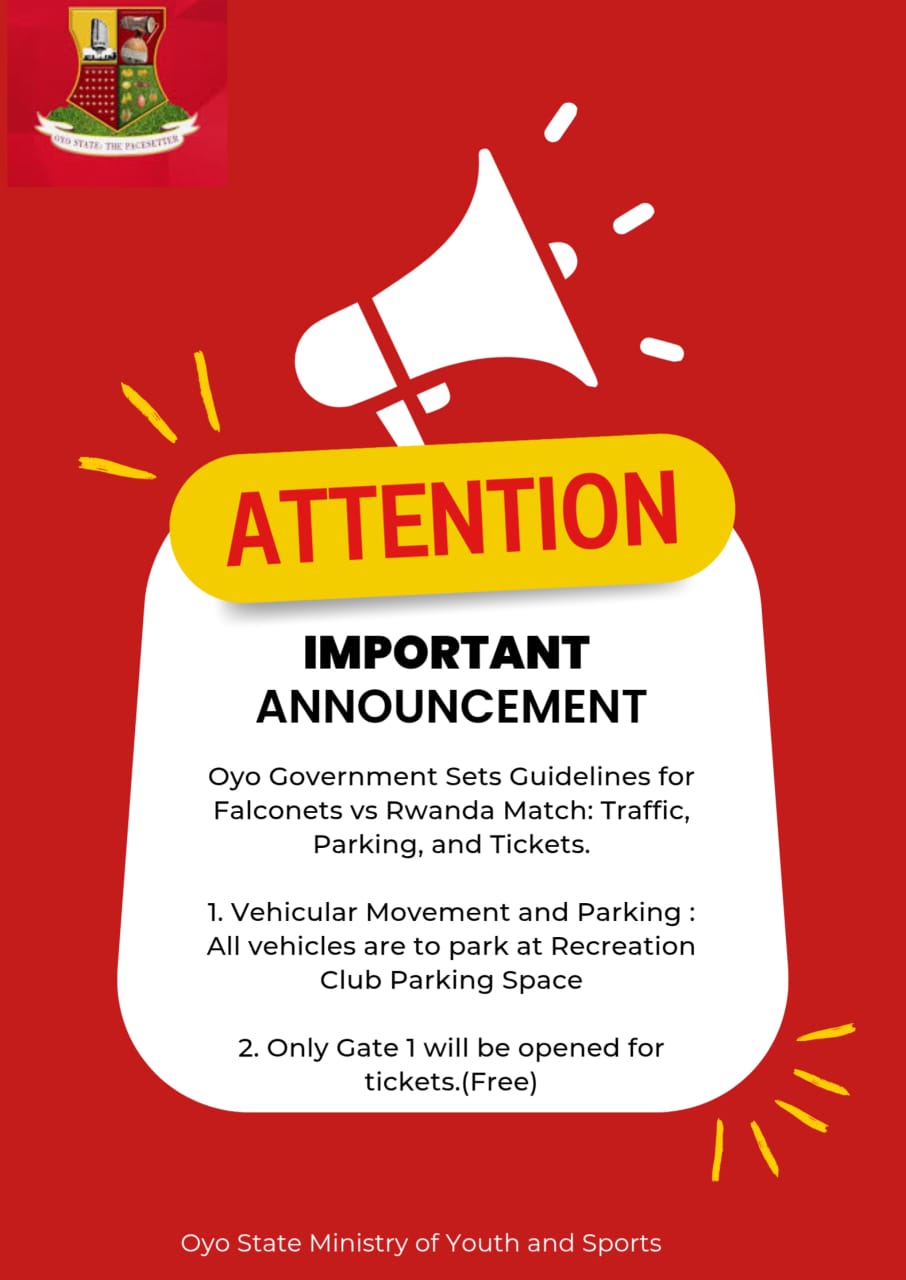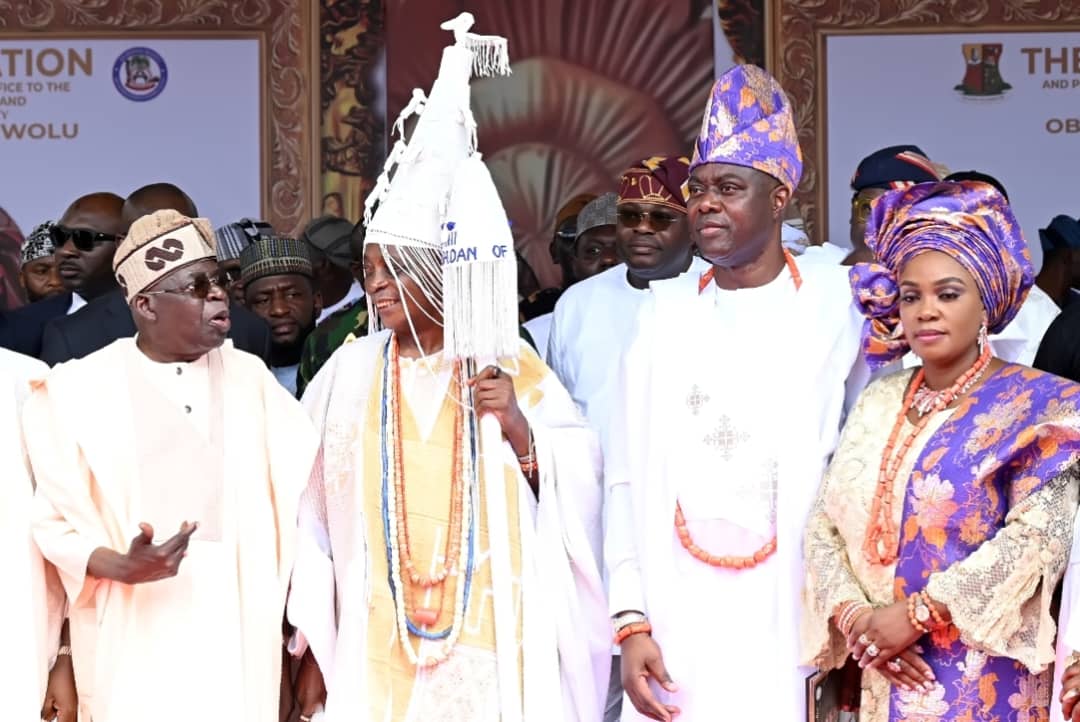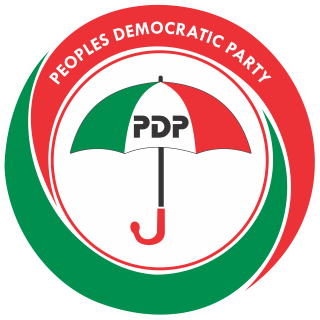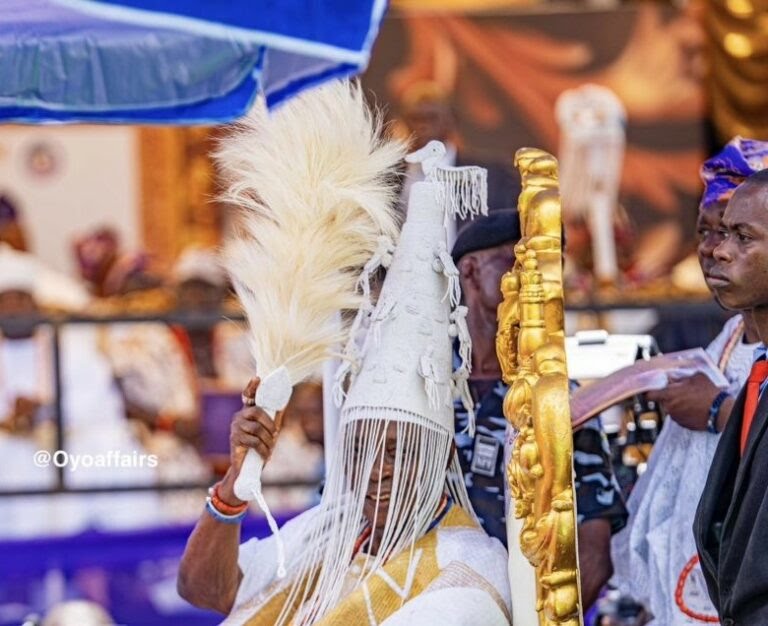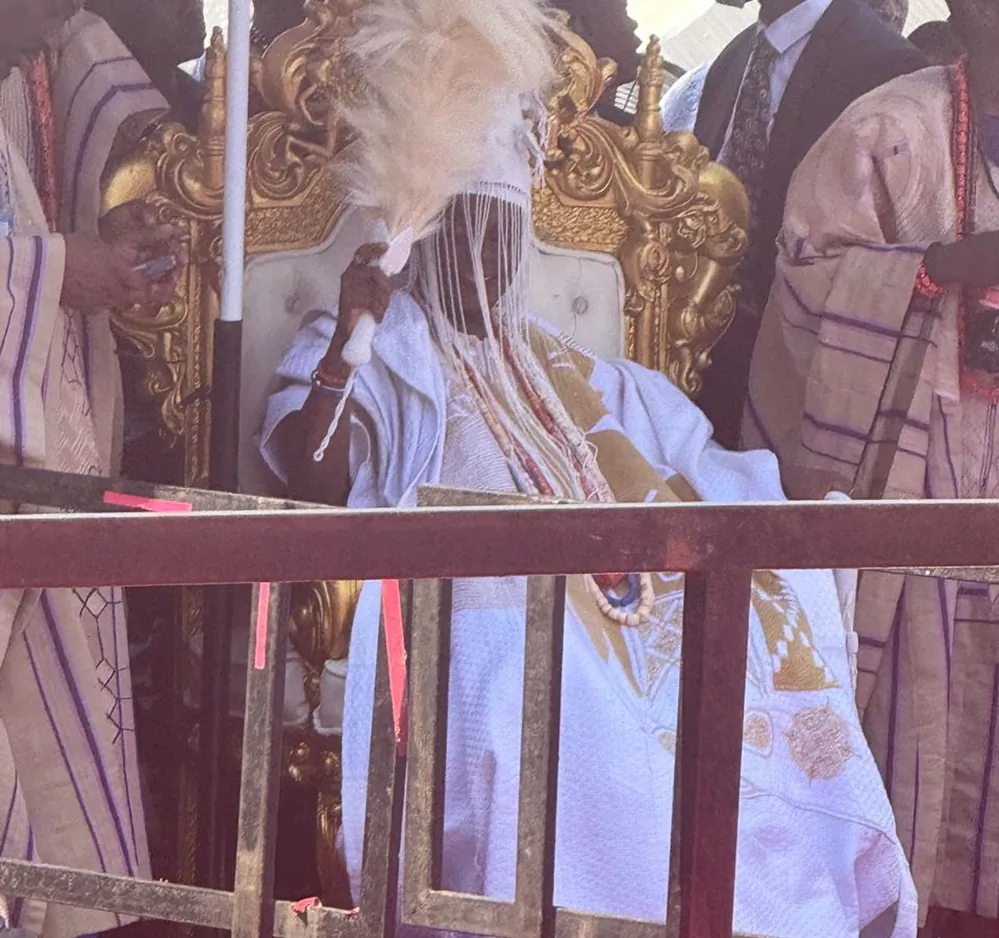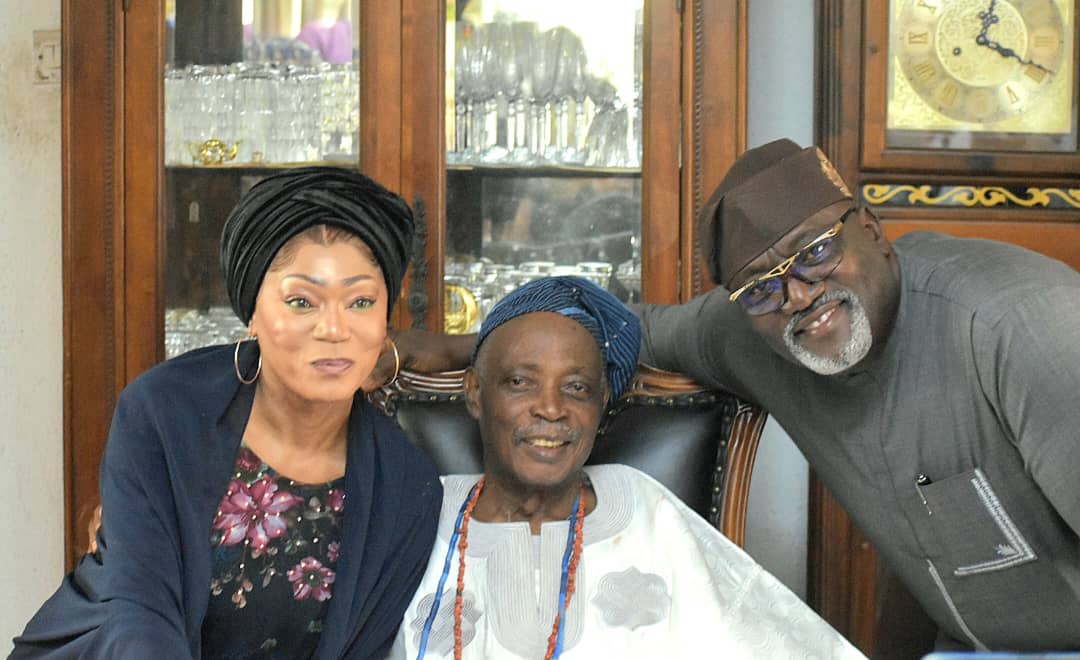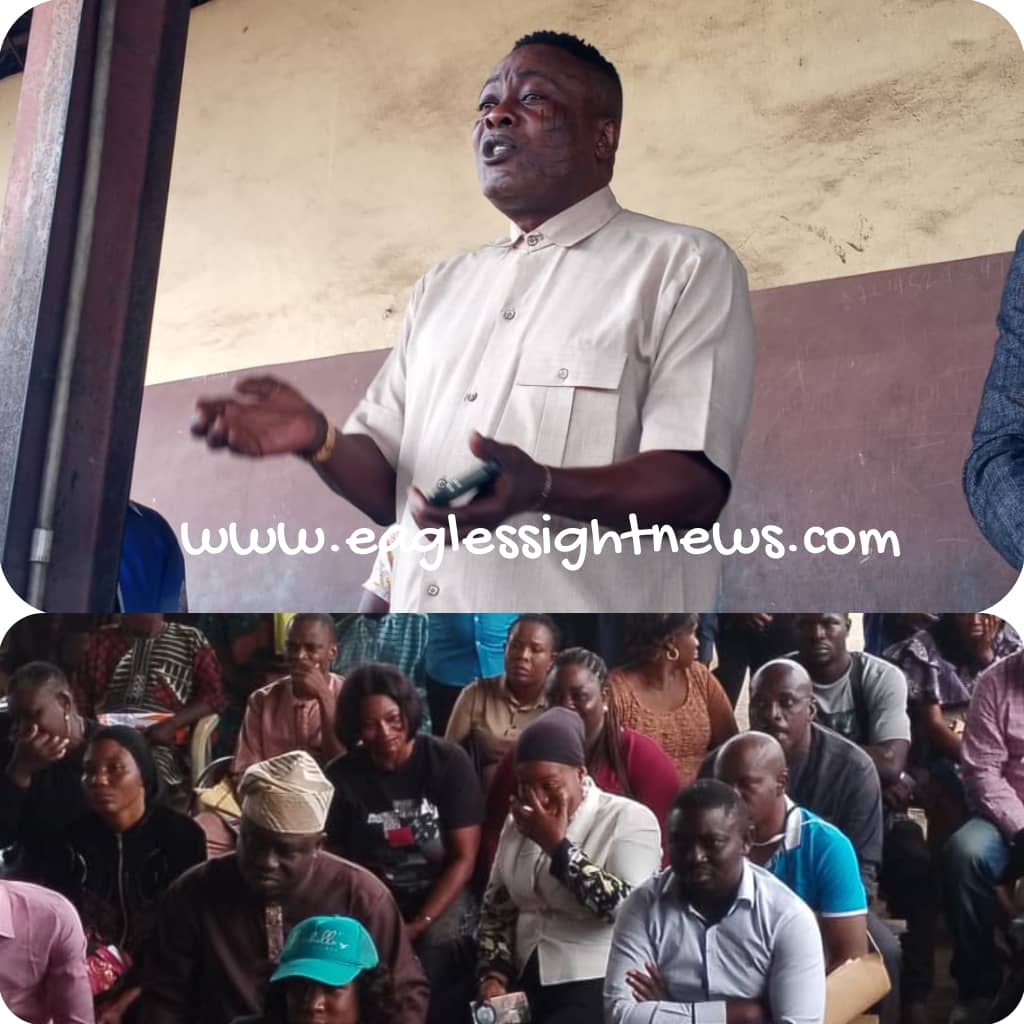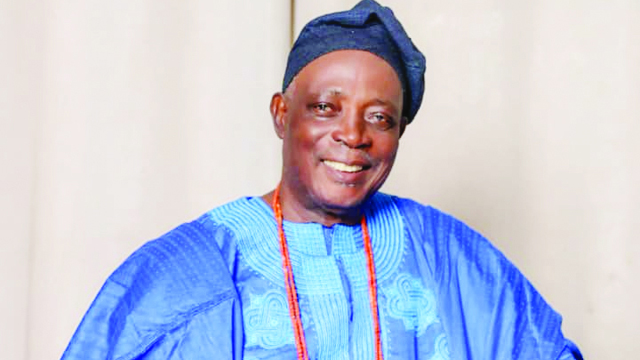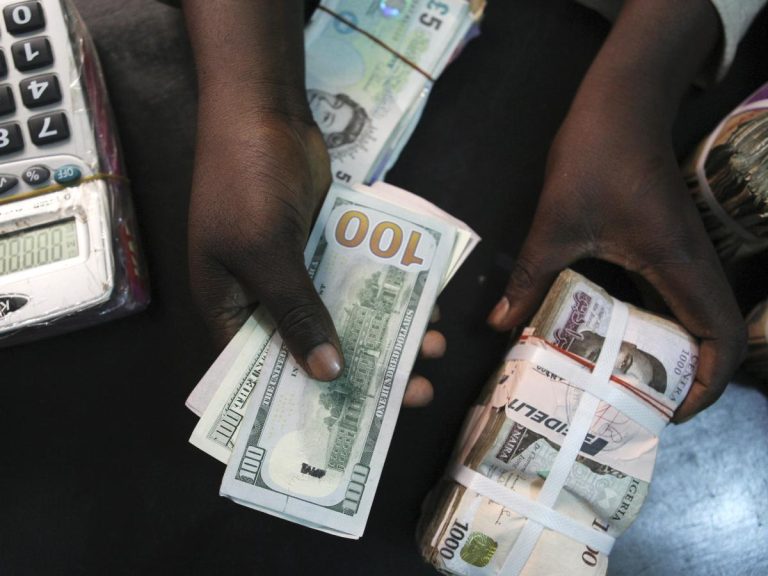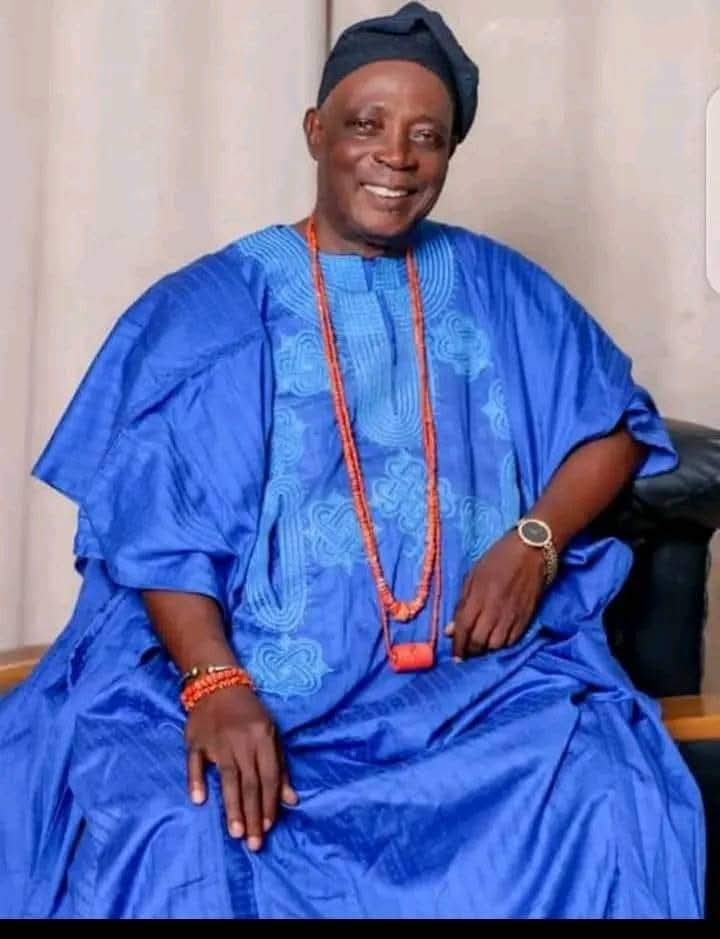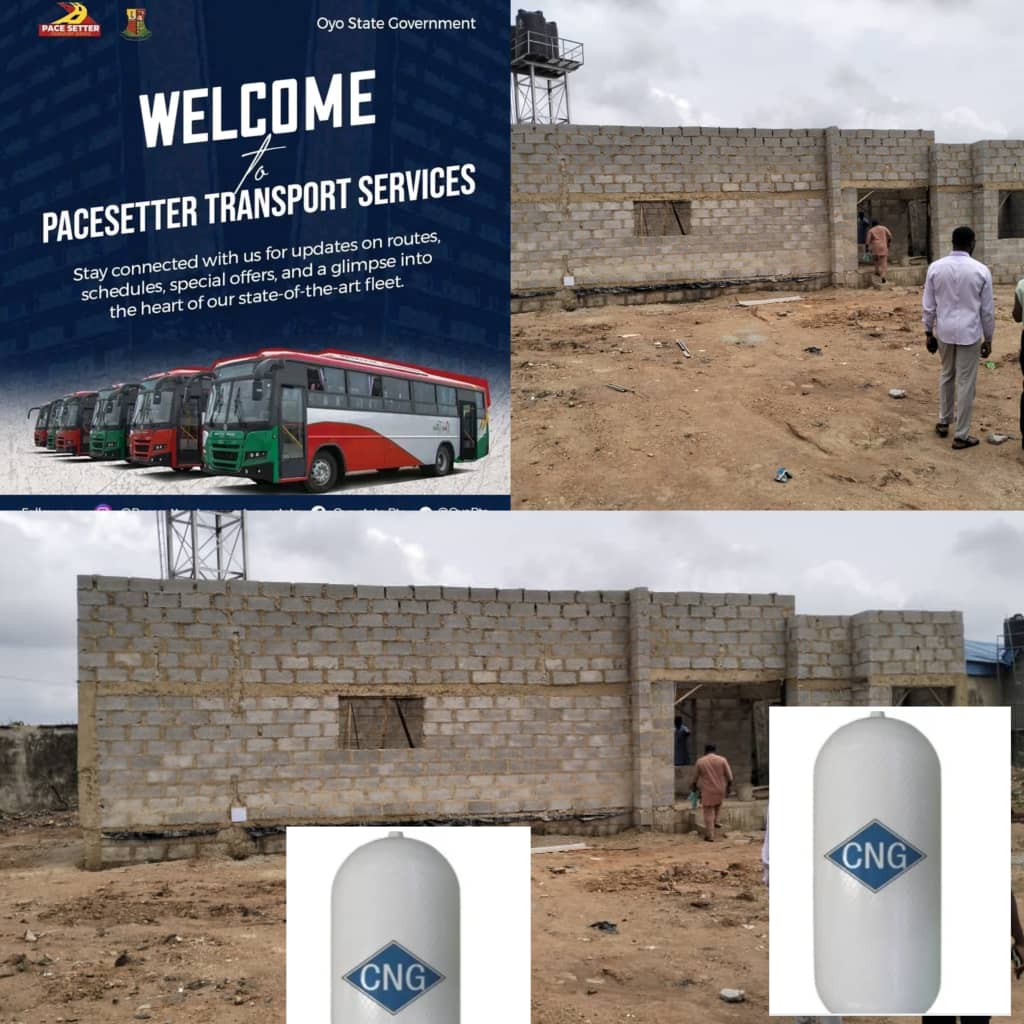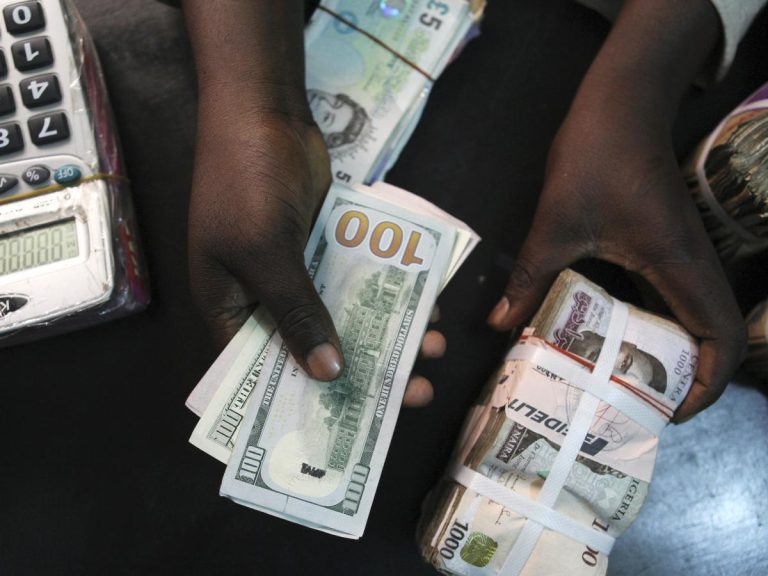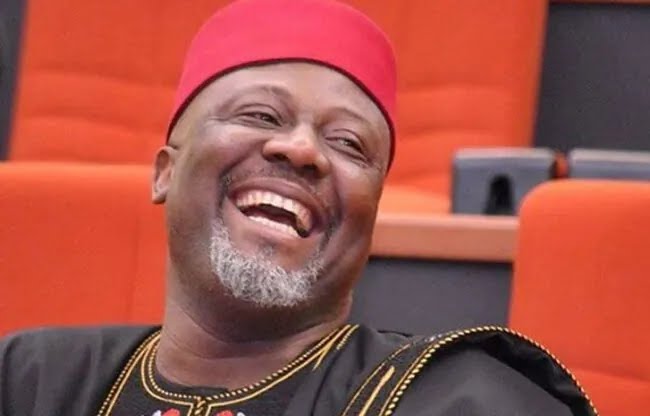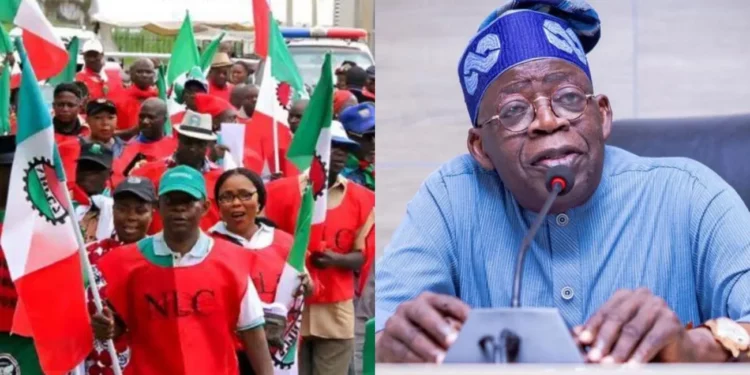How Tinubu One Year Deferred Hope, Not Renewed
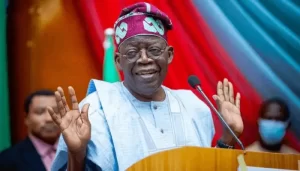
In all fairness to Tinubu, several of the promises were not meant to be fulfilled in the first year. They remain work-in-process.
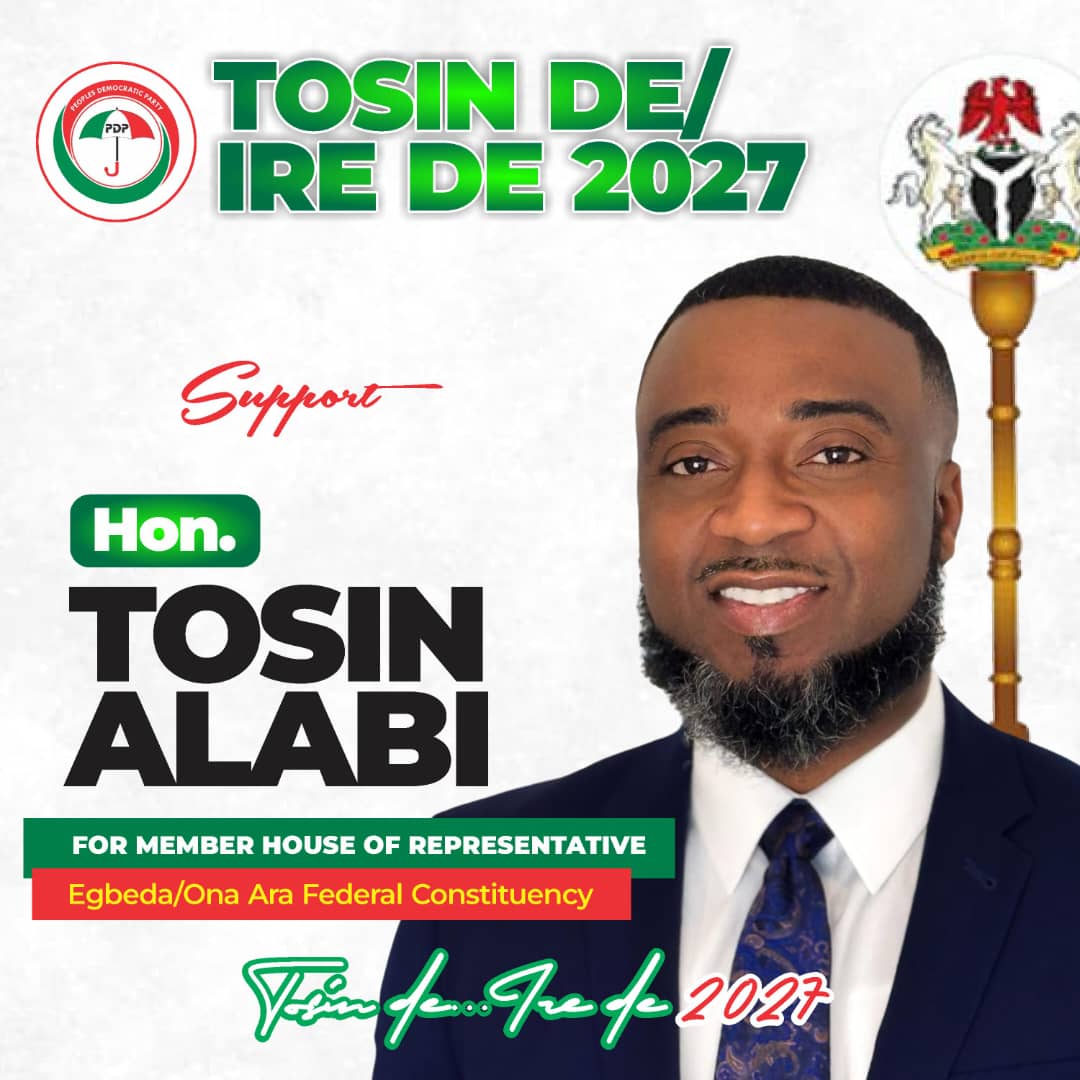
Nigerians can only hope that the pledges will eventually be redeemed. Despite that caveat, it is clear that those scheduled for the first year have suffered the fate of politicians’ promises from time immemorial.
‘To crown it all, Nigeria, by the end of this year will decline from the largest economy in Africa to number four’.
“Tinubu wants to build a Nigeria that is confident and competitive on the global stage. Because of this, we can no longer afford certain ways of doing things. We must push past the false comfort of certain ingrained habits and practices, and endure inevitable but temporary discomfort because we are certain that ahead of us lies lasting reward.”
Mohammed Idris, Minister of Information and National Orientation. May 8, 2024.
Mohammed Idris, in an article titled: “Tinubu first anniversary: Propelling Nigeria towards renewal”, presented a truthful summary of the first anniversary of the administration which would have been difficult to beat if it was written by Tinubu’s worst political enemies. Published in all the major newspapers, as well as, online media, it was erudite, logical, good reading and self-damning for the Federal Government.
In the entire 13 paragraphs of the article, only four figures were dropped – “we have seen investment commitments over $300bn, across various sectors” and “disbursement has since commenced of the nano-grants of N50,000 each for one million Nigerians, part of a larger N200bn MSME’s credit programme.”
Since readers were not told what these figures mean in terms of the promises made under the RENEWED HOPE agenda, readers have been left to figure out the implications themselves. Here is one interpretation of what the Minister said – in light of facts available to those diligent enough to search for economic and financial data.
Most often, “commitments” are nothing more than Memorandum of Understanding, MoU, which Nigerian leaders have announced as firm commitments.
The recent embarrassment with the $600 million MAERSK proposed investment in Nigerian ports development, should serve as a warning that government pronouncements about secured Foreign Direct Investment are not always reliable. Nigerians will believe there are $300 billion investment commitments when the funds arrive here. And, nobody knows how long that would take.
Certainly, it will not all come into the country in 2024 and even 2025. A lot of the pledges might never be redeemed. Eight years of Buhari administration and several trips abroad, followed by announcements of investments secured ended with very little to show for the effort.
Touting the N50,000 nano-grants which the FG has started to pay to one million, out of 133 million poor in Nigeria, could not have come at a worse time for the government. The World Bank in a recent report declared Buhari’s efforts in that regard as a waste – which failed to achieve its stated objectives of alleviating poverty stimulating consumption and increasing aggregate employment.
Nothing suggests that Tinubu will succeed where Buhari failed.
The same woolly-headed economics still underlies the initiative. In a world in which earning less than $2 per day is regarded as living in poverty, N50,000 amounts to $1.2 for one person; and $0.30 for a family of four. Self-deception has never been so elegantly proclaimed by a minister of government.
The rest of the article was a mere repetition of promises for the future without mentioning a single achievement.
Nothing was said about the hastily improvised palliatives programme, the Portharcourt and Dangote refineries which were supposed to have started pumping out fuel, the gas-operated buses which would crash road transport fares and the housing units which would have doubled available housing. That is understandable. Like most politicians’ promises, they were never really intended to be fulfilled.
WHAT HAPPENED TO THE RENEWED HOPE AGENDA?
“Every country has the government it deserves.” Joseph de Maistre, 1753-1821.
VANGUARD BOOK OF QUOTATIONS, VBQ p 80.
And, the people should be ready to suffer the consequences of having the government – especially if it is elected. It is too late in the day to waste time on who won the 2023. Power belongs to the people; not even the Supreme Court. We have a government elected by us. The repercussions are now manifesting.
But, long before the elections, there was a document titled RENEWED HOPE in which candidate Bola Tinubu laid out hundreds of promises; telling us what he would do as President. It is one year this month. Below are a few reminders of what Fellow Nigerians were supposed to expect.
SECURITY: peaceful communities, secure borders, safe forests (p 9); reposition Police, no more VIP assignments (p 10).
ECONOMY: our cities and towns will witness a level of industrial activity unprecedented in our nation’s history (p 12); 10% GDP growth rate based on 2021 World Bank data; 2024 GDP — $586.7bn.; National Infrastructure Campaign, government can hire millions of unemployed Nigerians to modernise infrastructure (p14), import substitution (p16), fight corruption and inefficiency, Exchange Rate Management: Our economic policies shall be guided by our desire for a stronger, more stable Naira founded upon a vibrant and productive real economy (p19), Inflation Targeting and Management: To impose the usual anti-inflation medicine of higher interest rates and tighter money-supply will only weaken the patient (p20); Foreign Debt Obligations: Our policy will be such that new foreign currency debt obligations will be linked to projects that generate cash flows from which the debt can be repaid (p21).
INDUSTRIAL POLICY: Our government will make it a priority to encourage industries vital to national development. This means growing our industrial base to provide jobs to an expanding urban population (p22).
AGRICULTURE: Only 35% of arable land in Nigeria is presently cultivated. Our target shall be to increase this number to 65% in four years; COMMODITY BOARDS: We shall introduce commodity boards to establish minimum prices for strategic crops (p26); we will develop a plan to open heretofore uncultivated land to both small and large scale farming and vertically integrated agri-business (p28).
POWER: Eliminate Estimated Billing, we will end this unpopular and harmful practice and ensure that all electricity bills are meter-based (p30).
OIL AND GAS: Ensure Stability of Petroleum Products Supply (p37).
Click here to continue reading on vanguard


